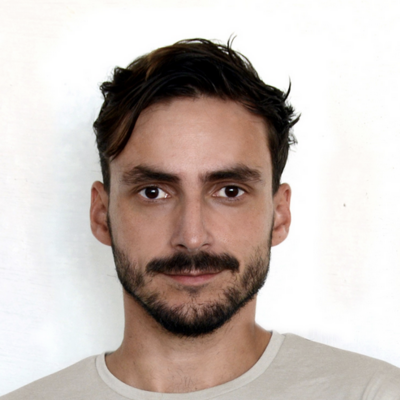

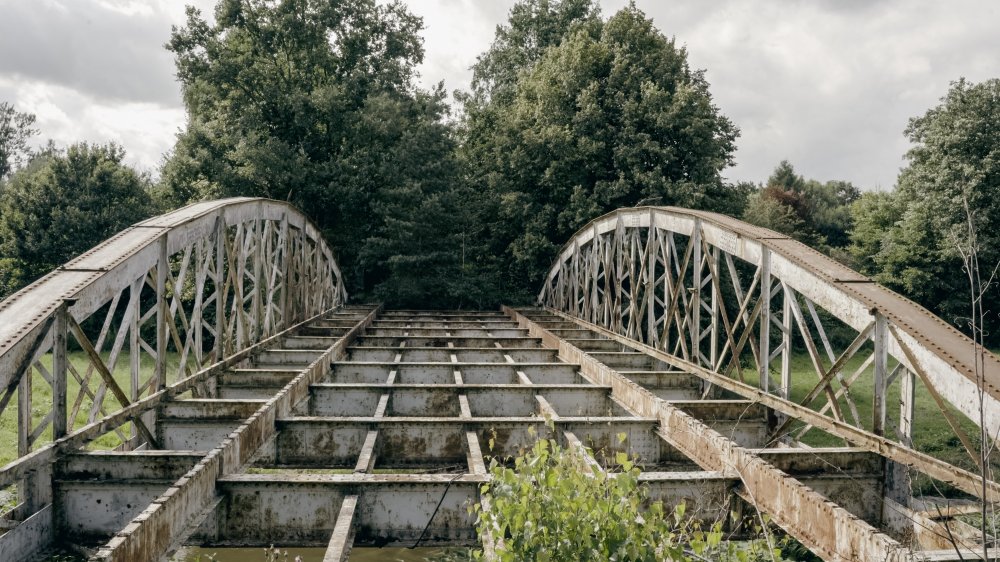
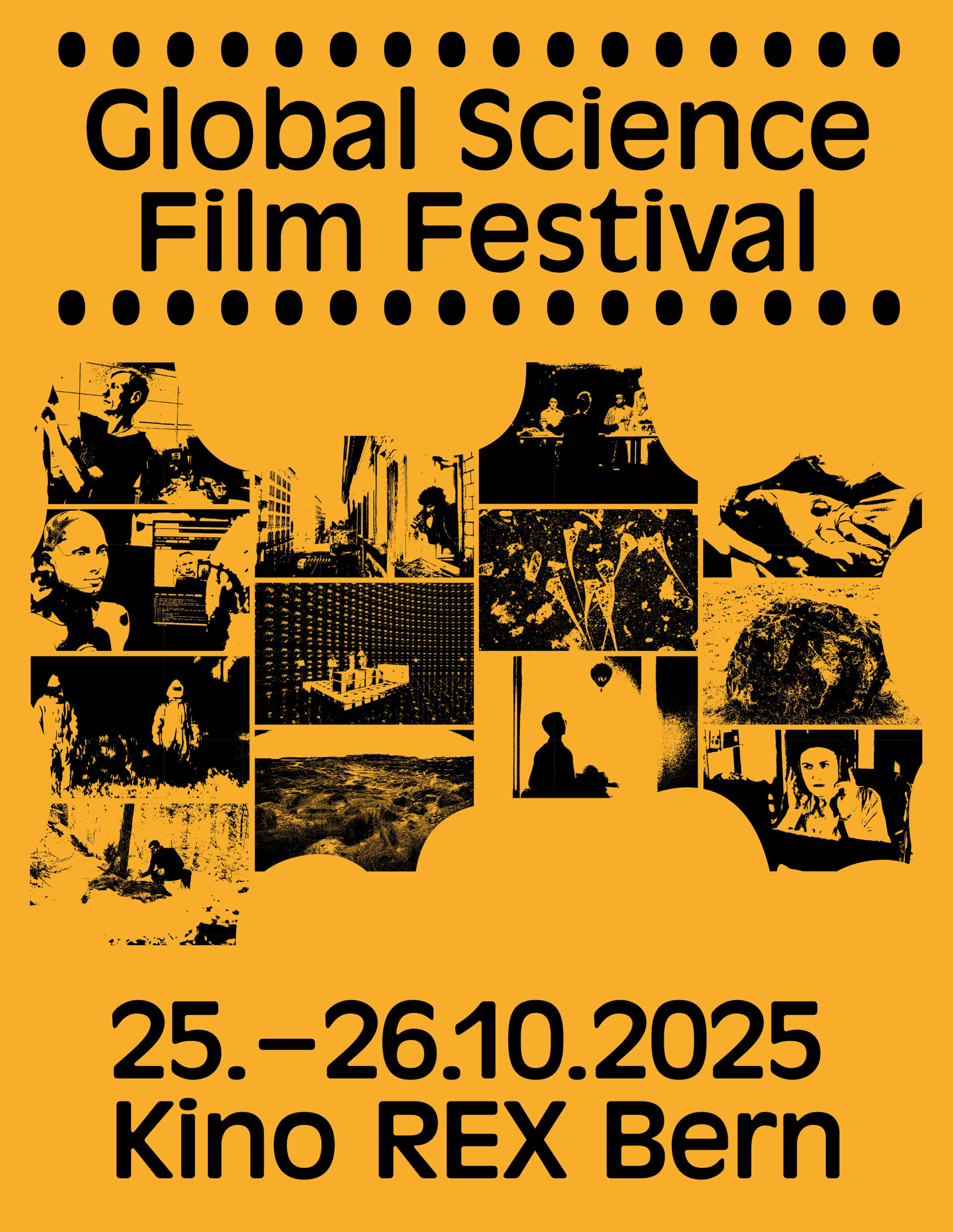
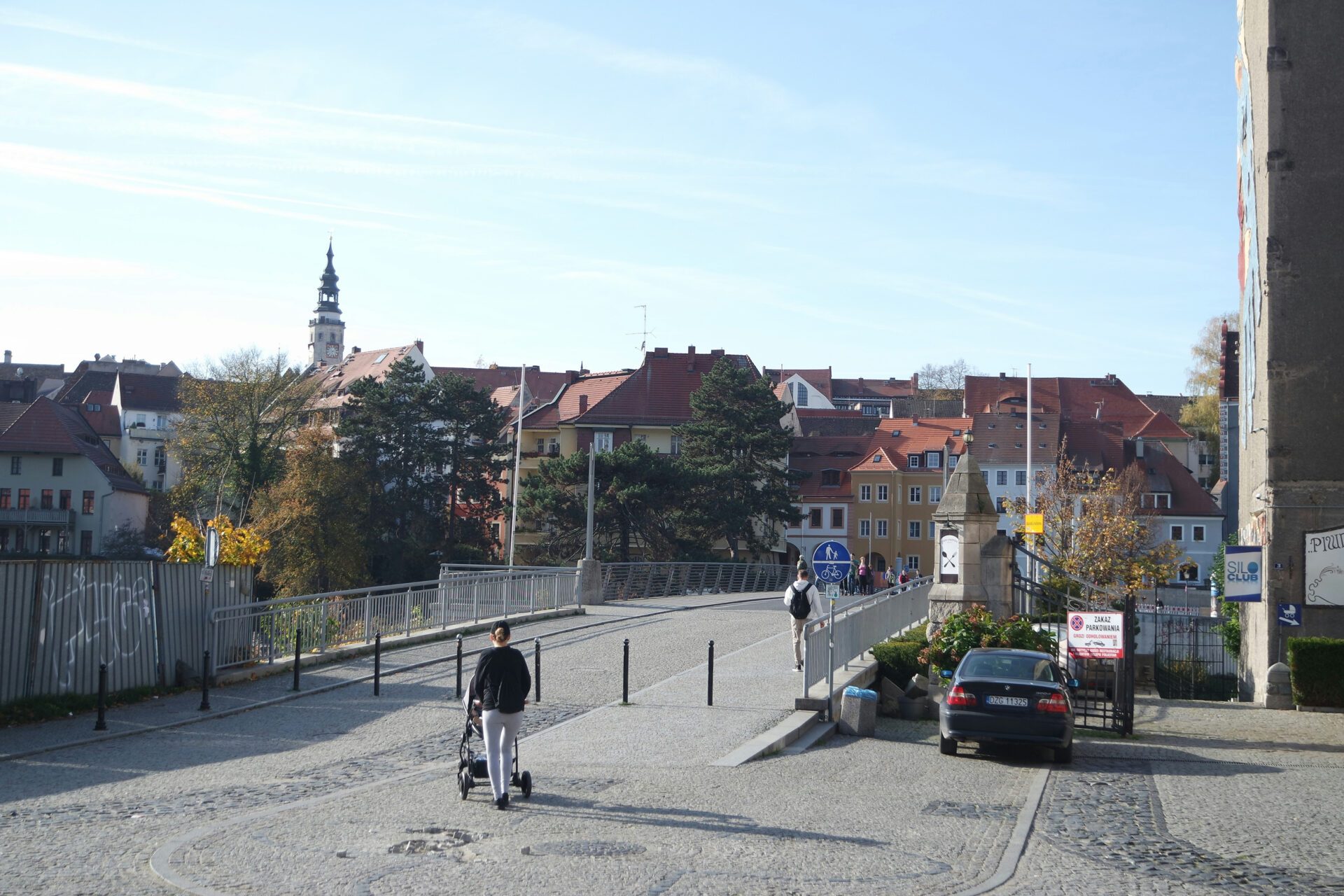
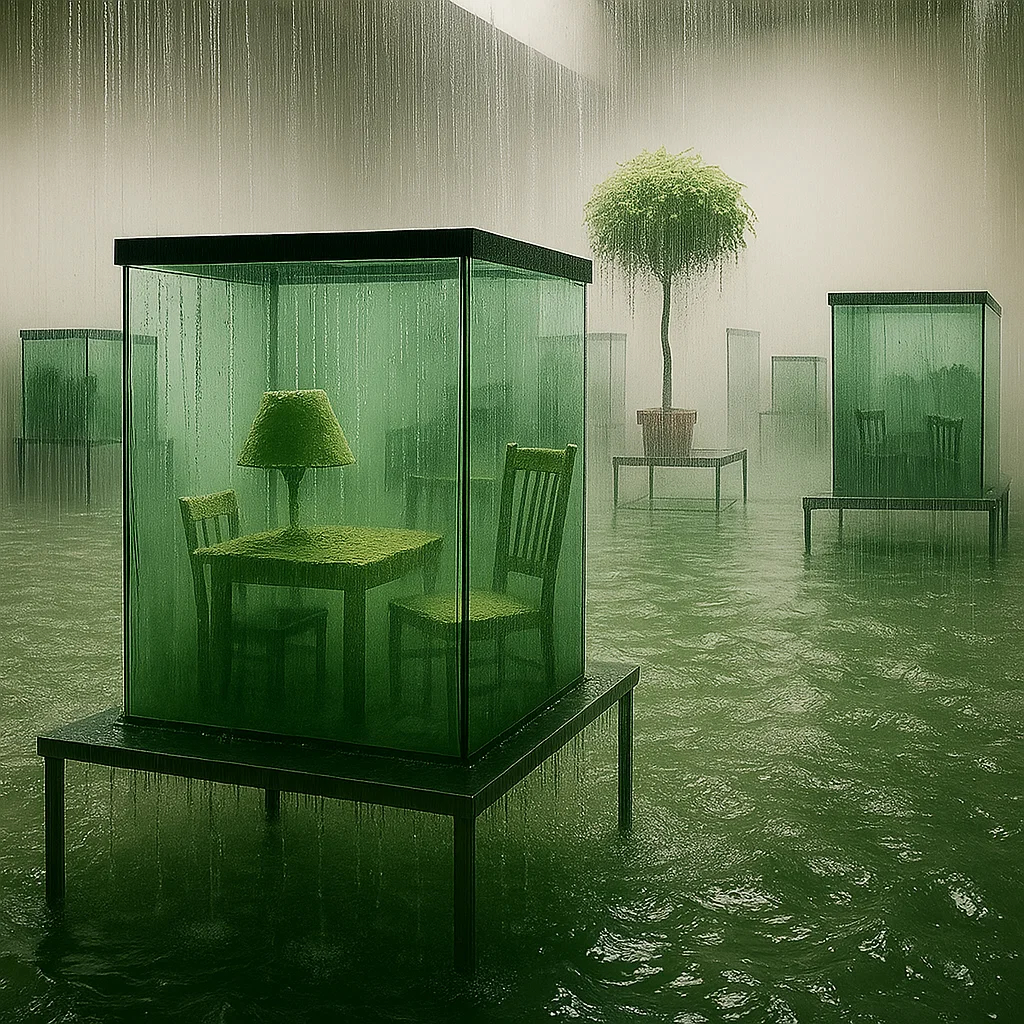


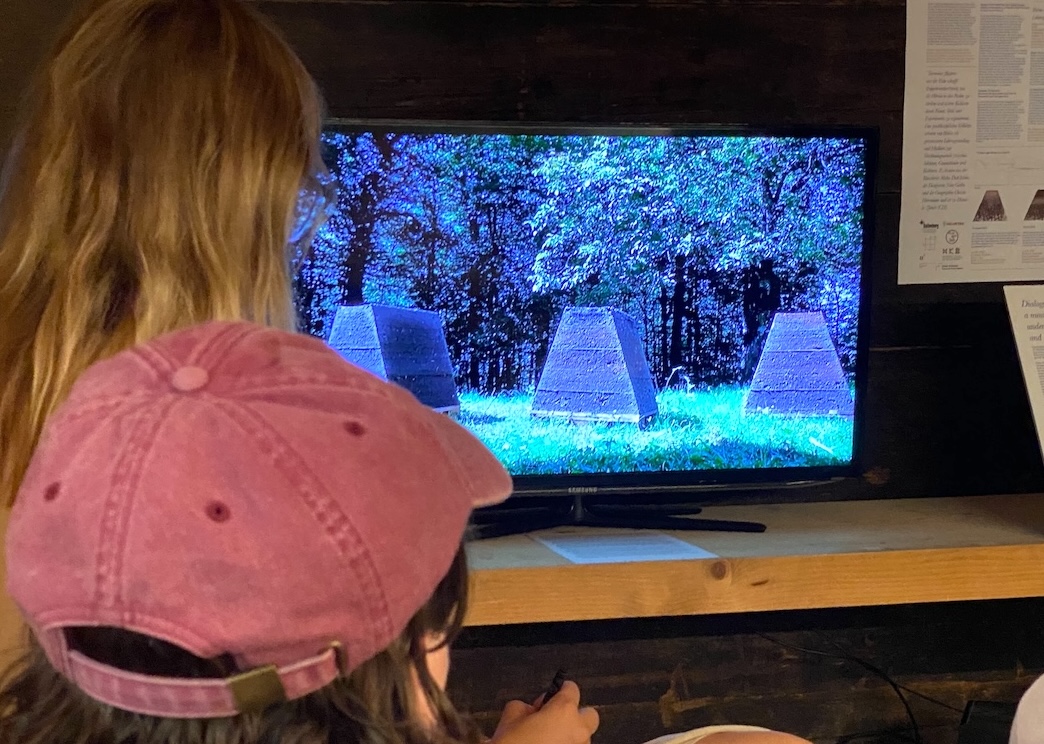

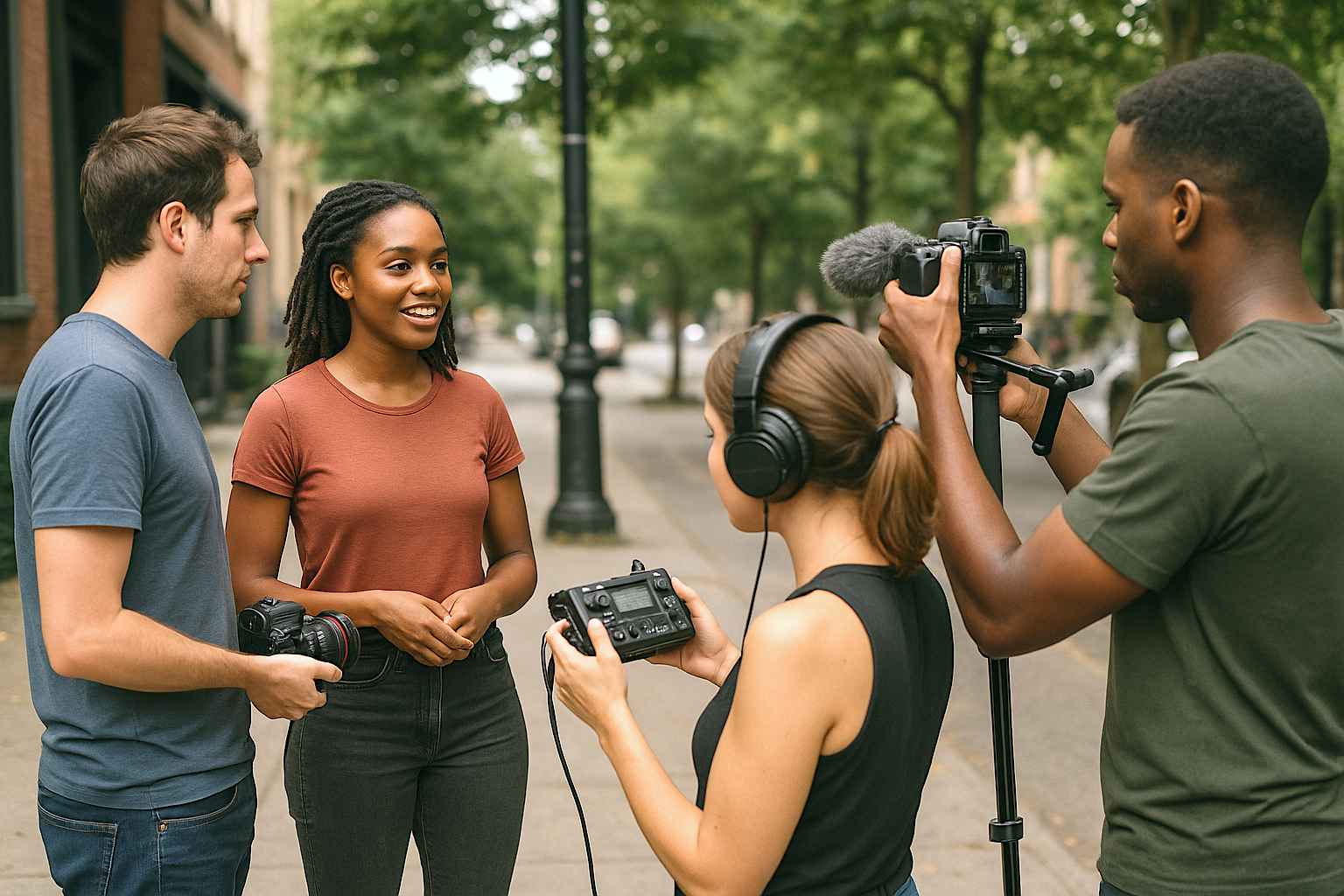
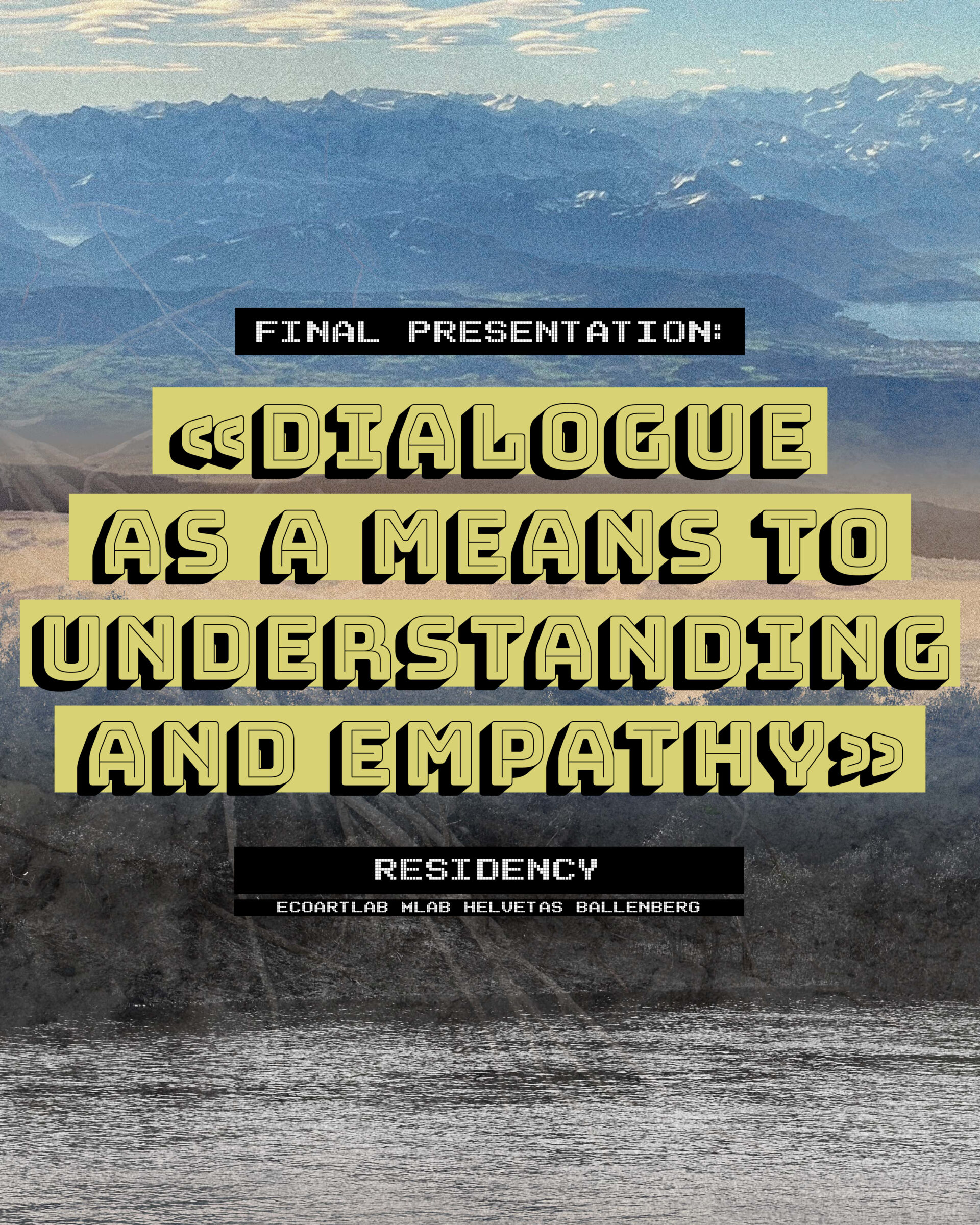
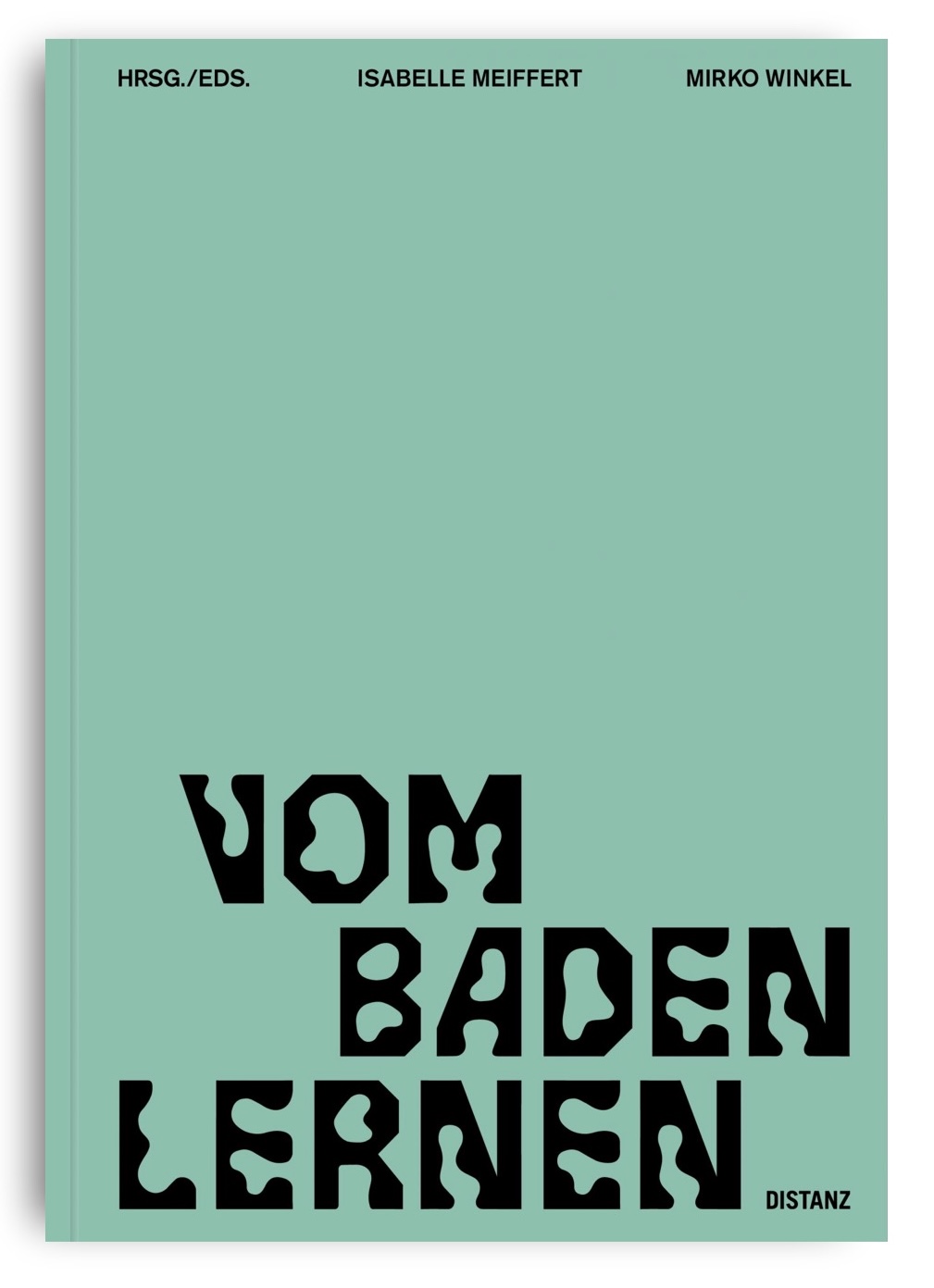
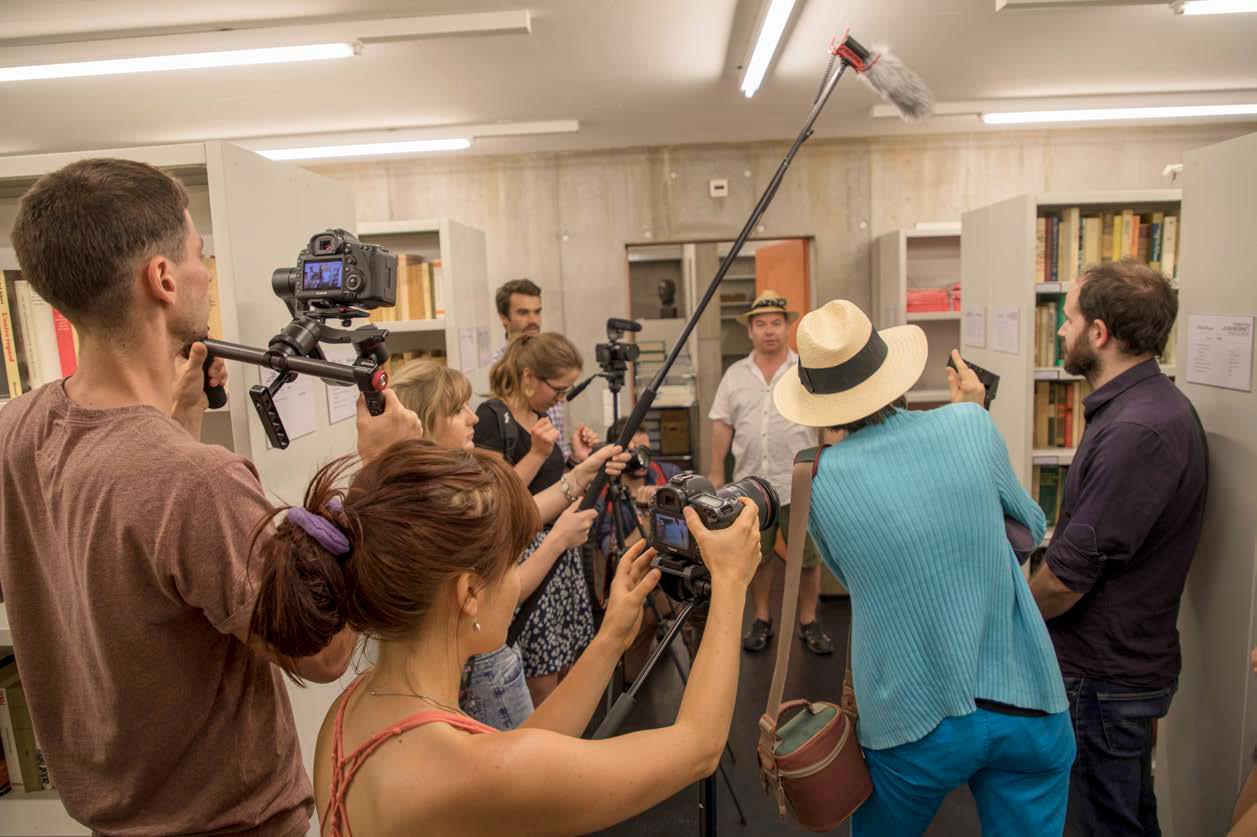
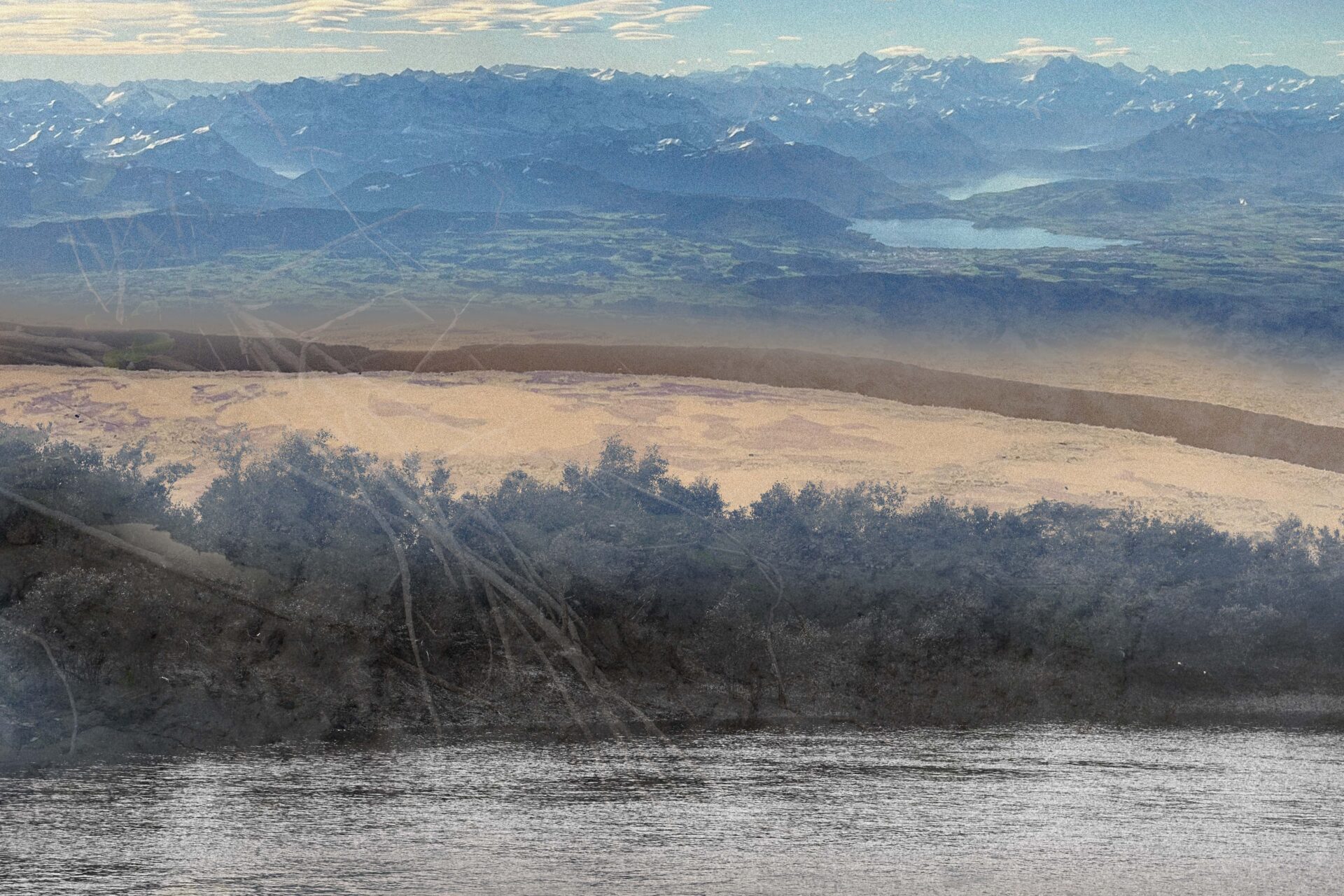
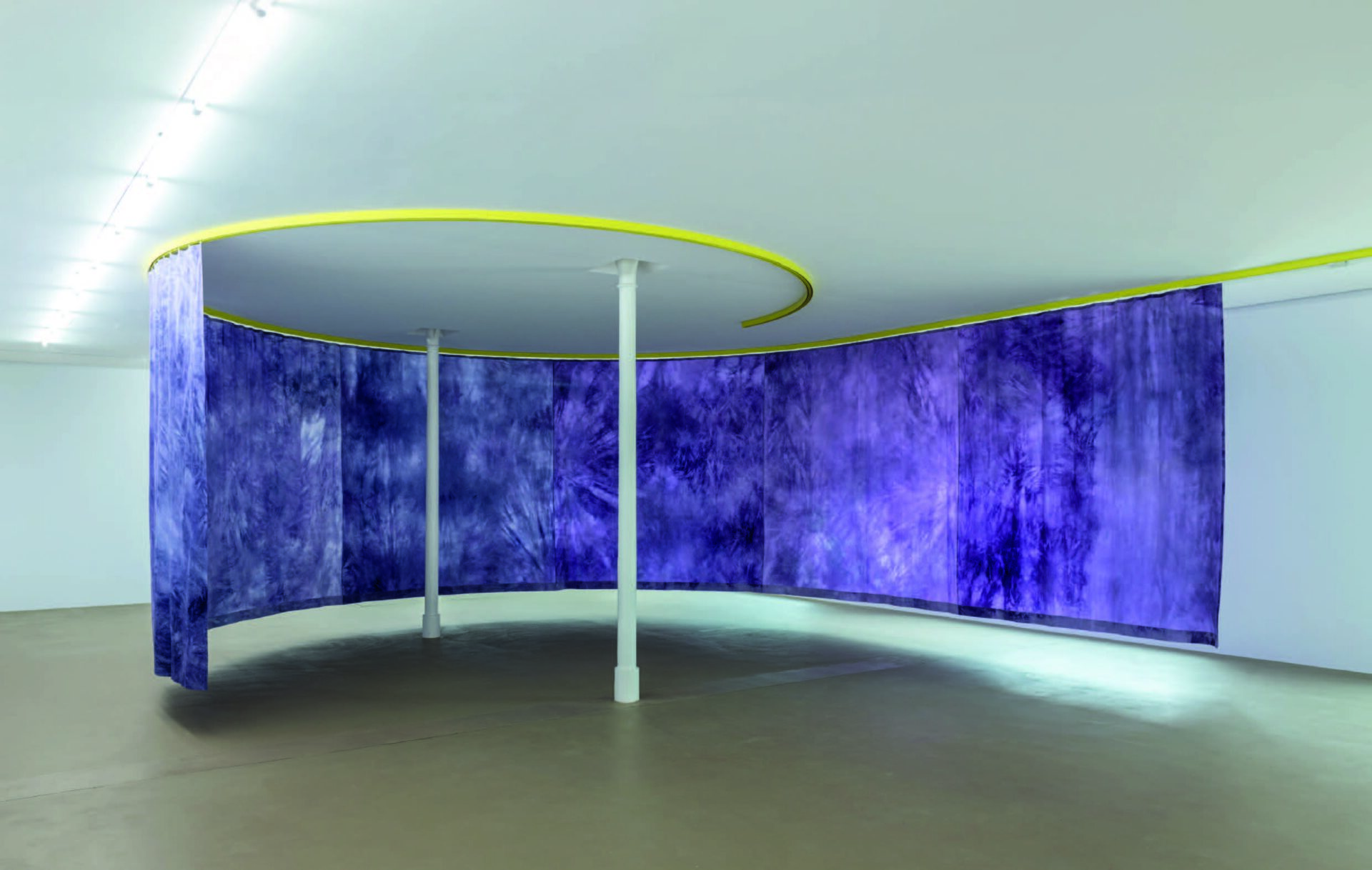
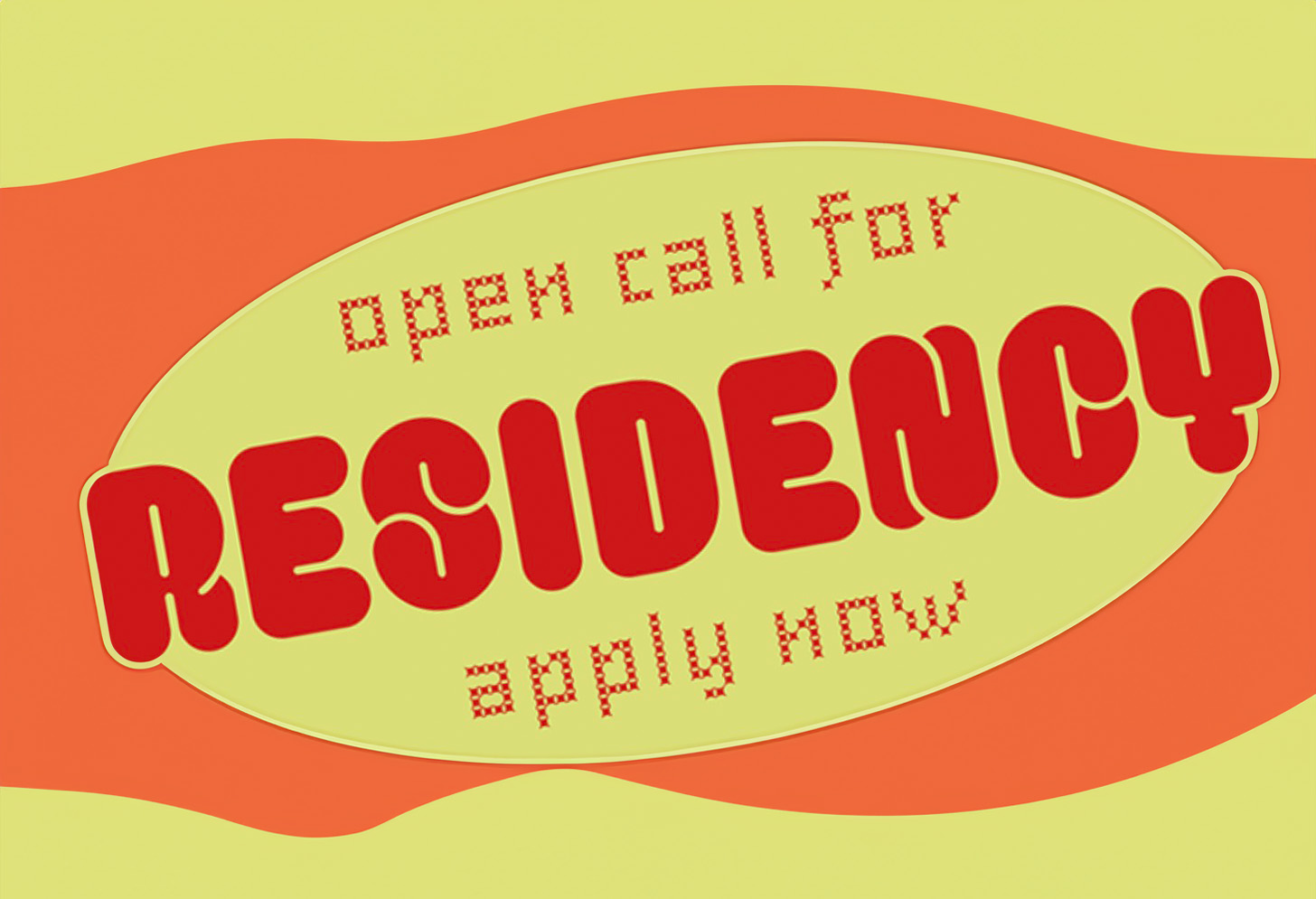
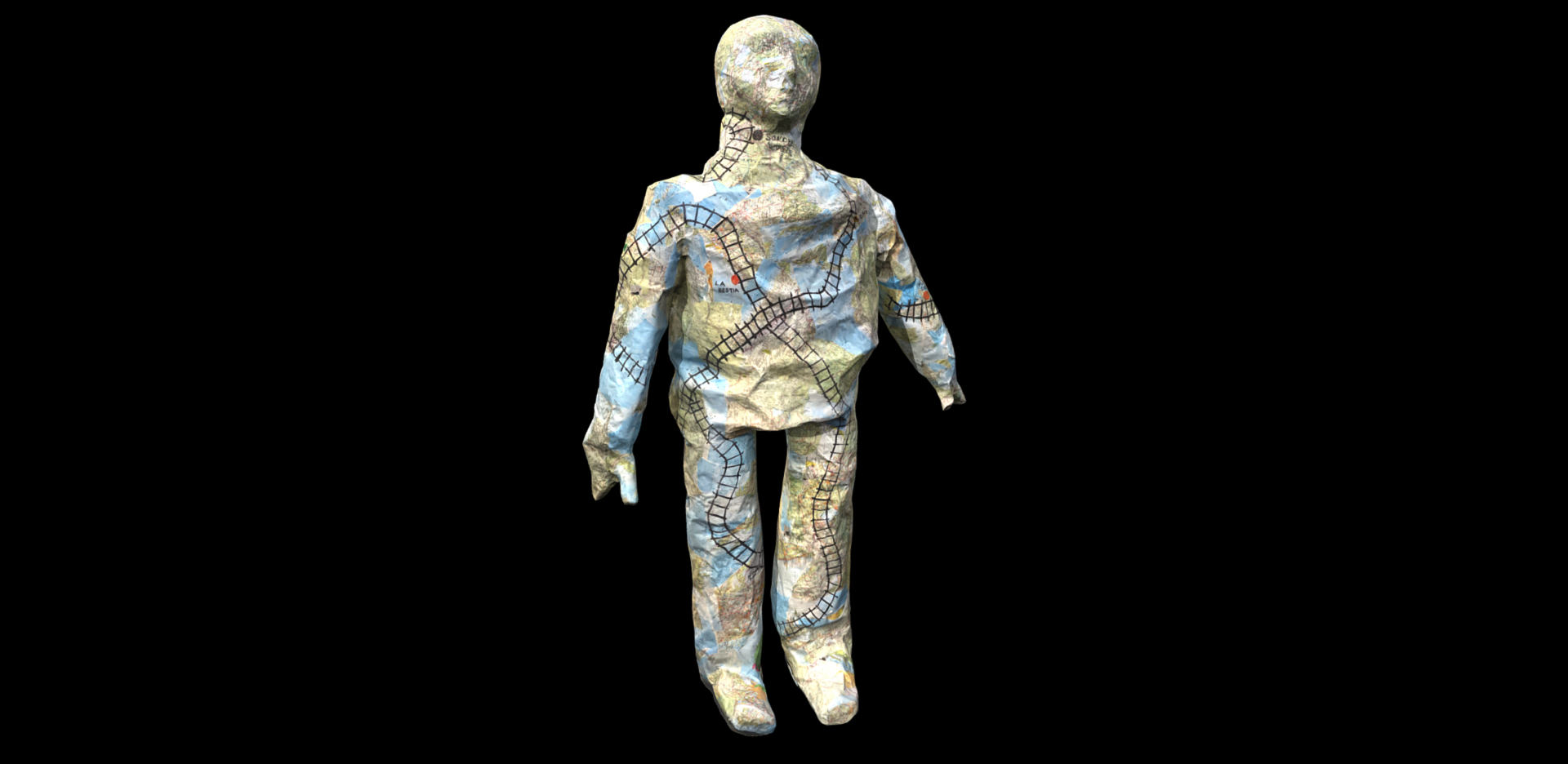
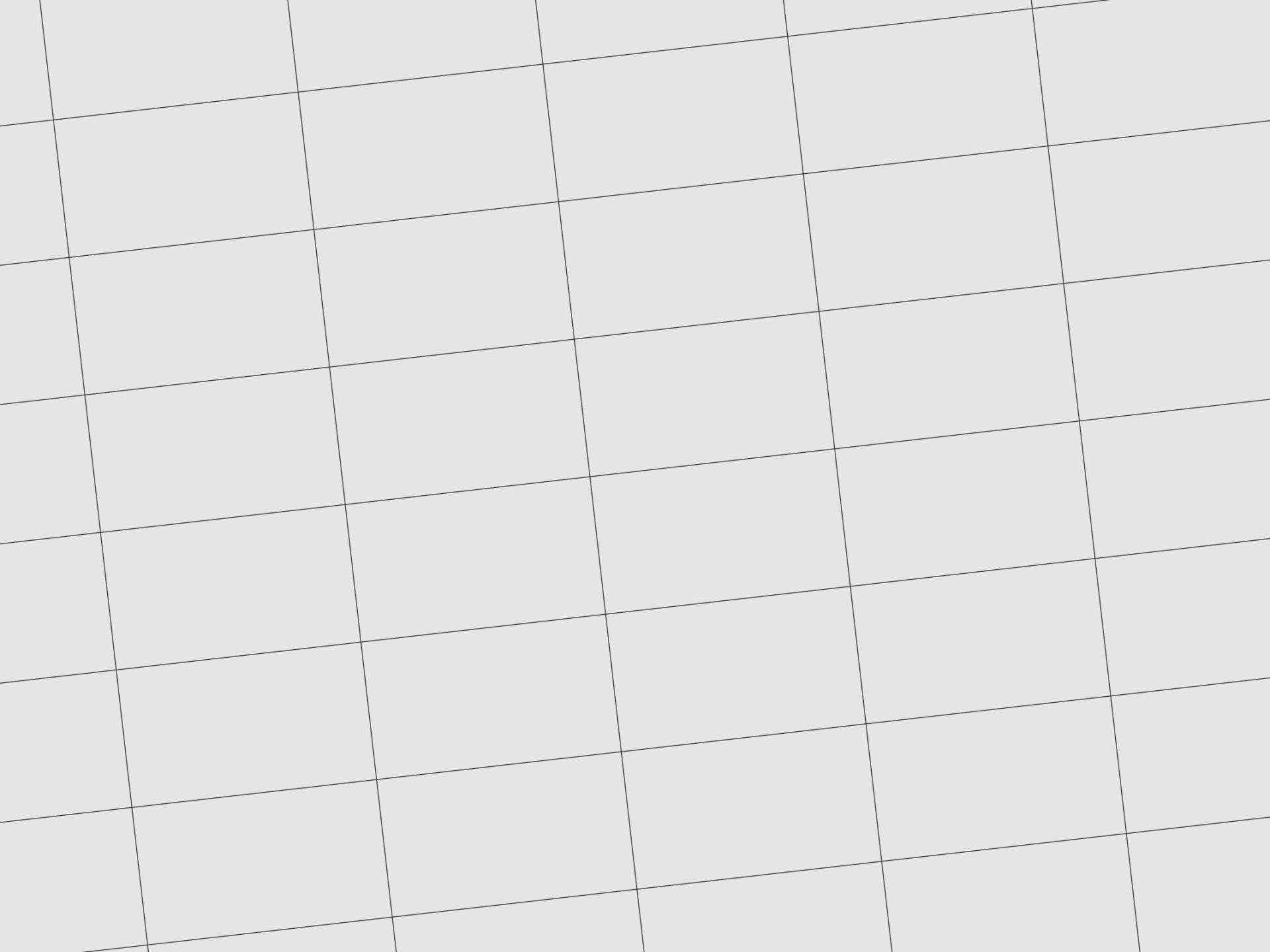
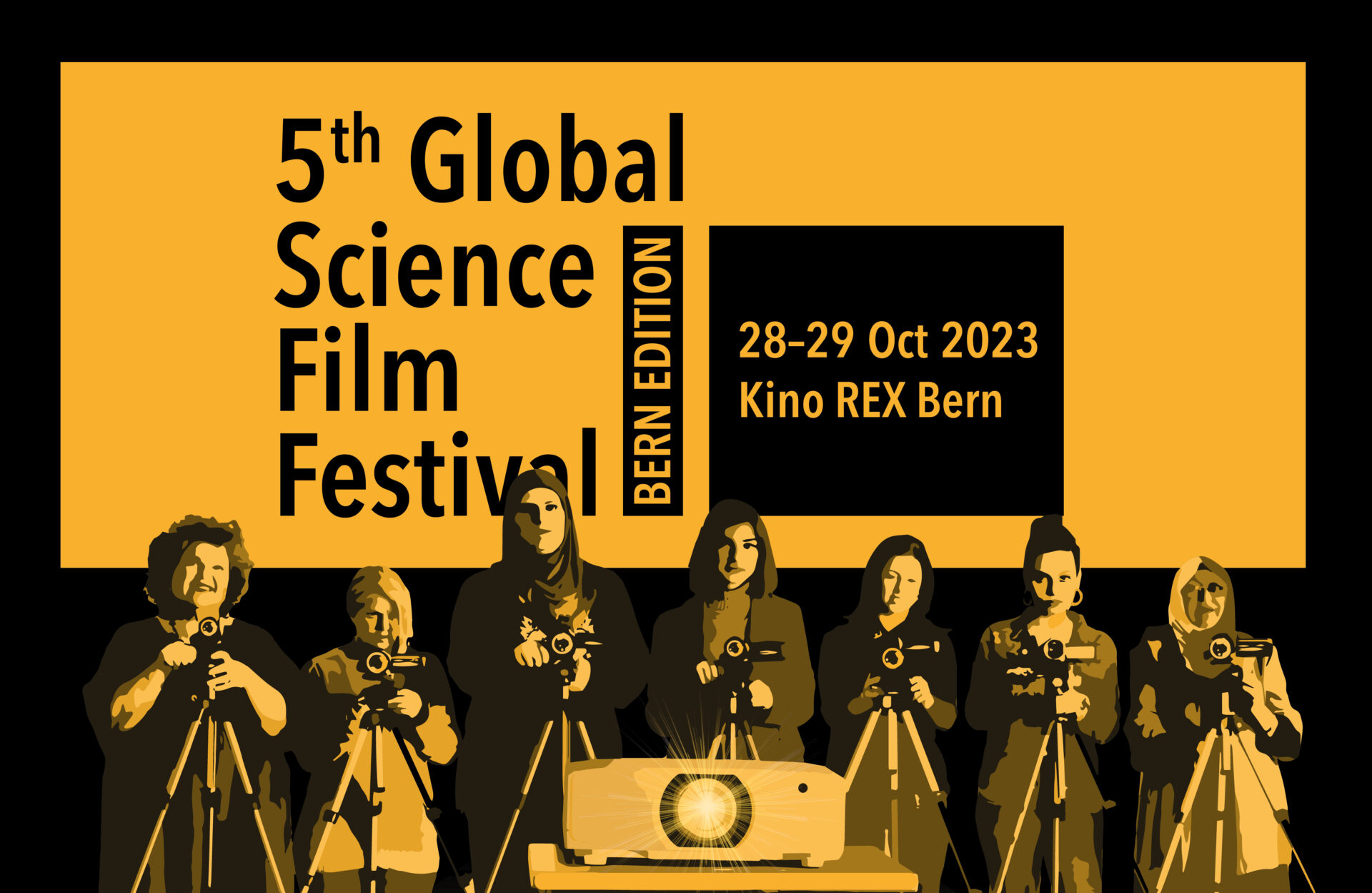
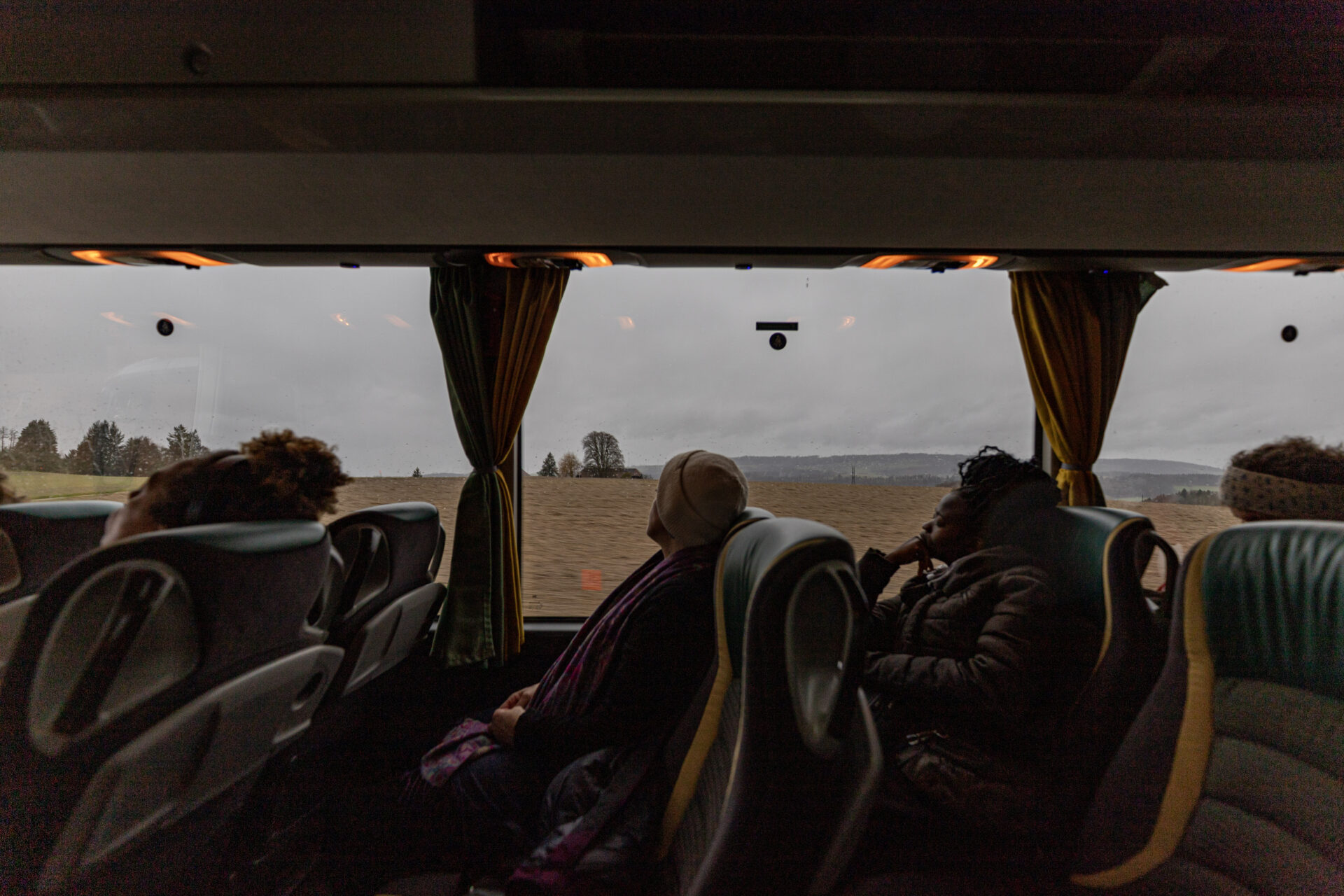
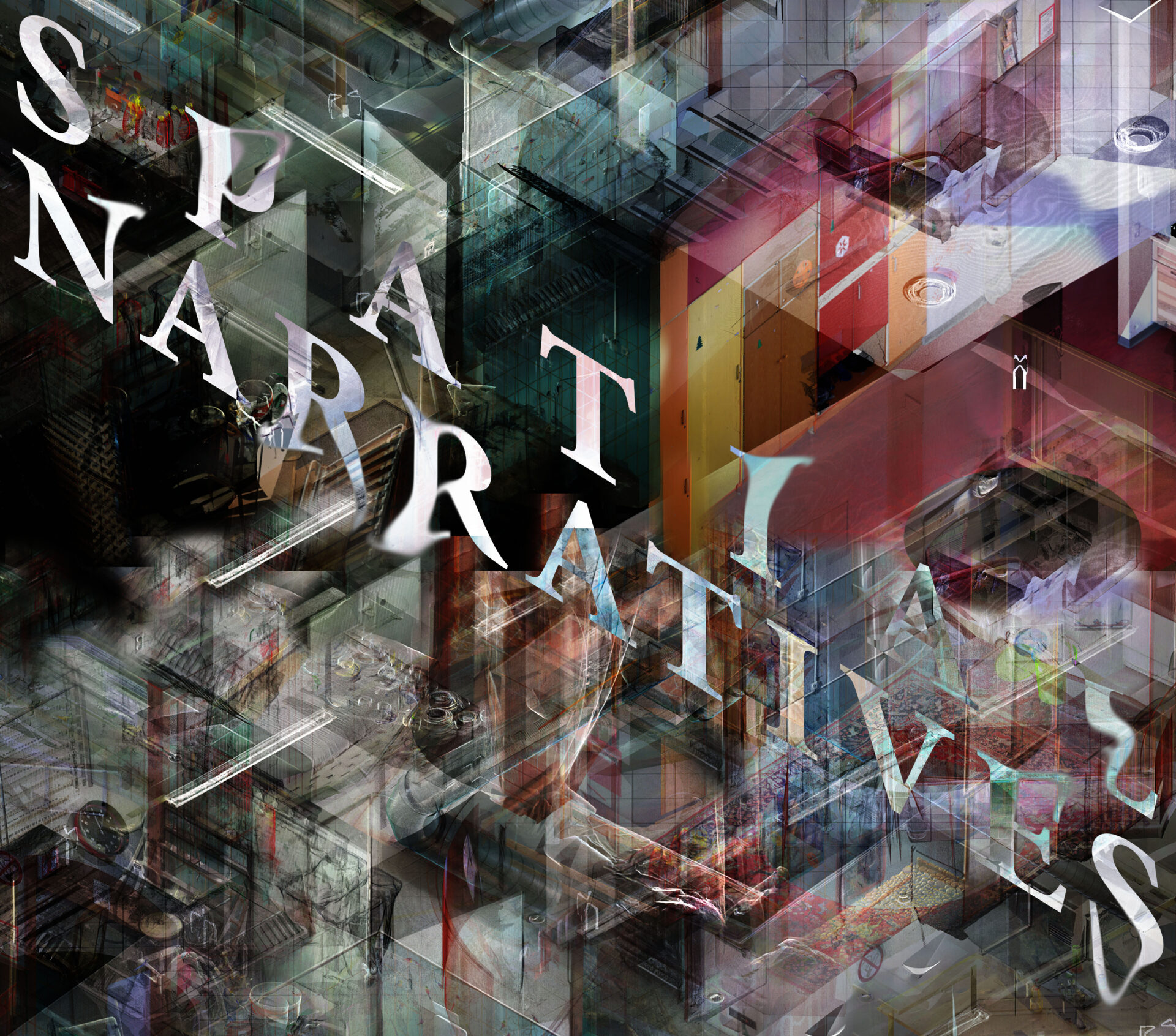
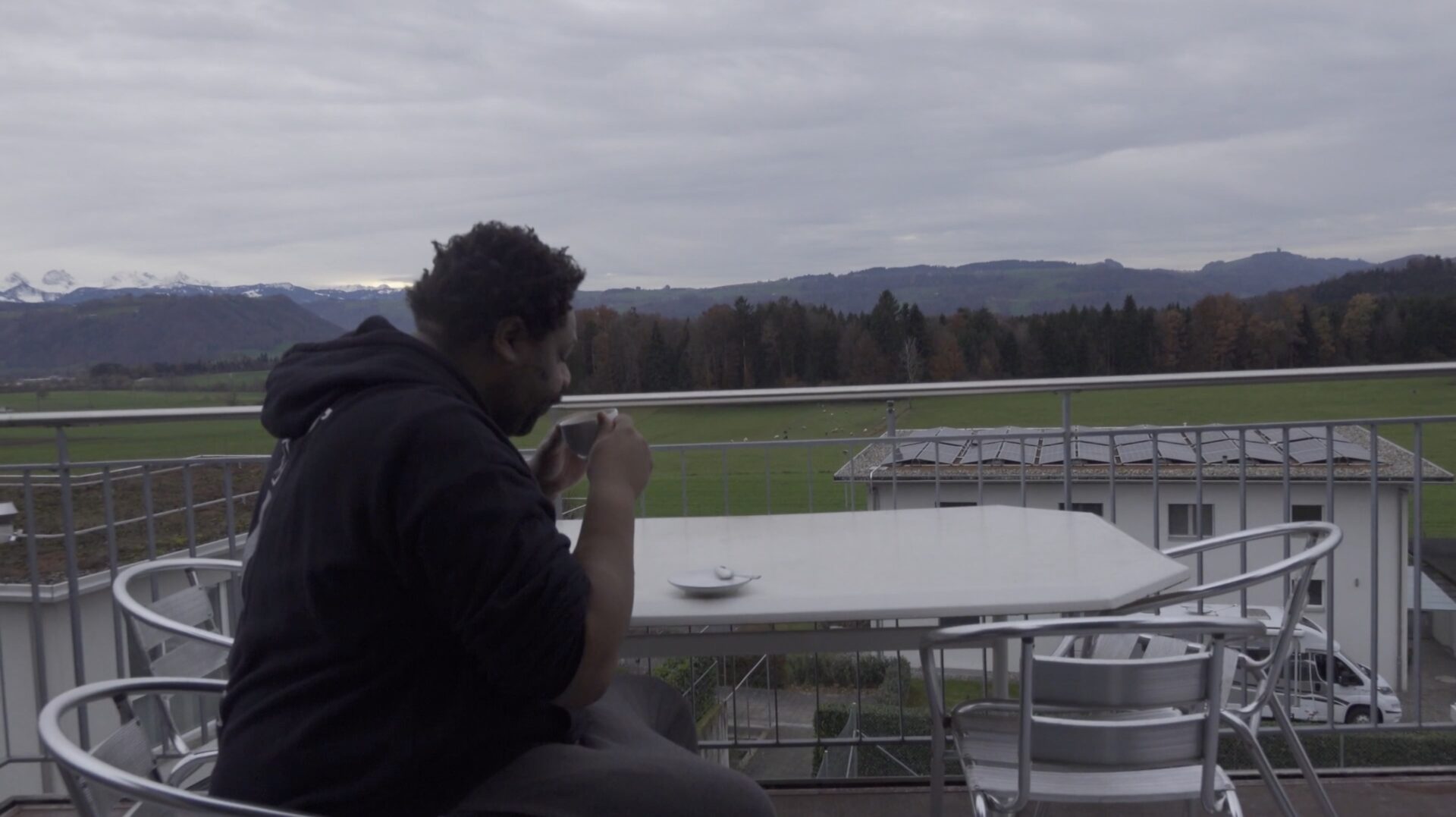
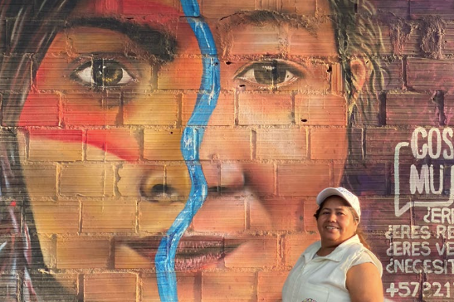
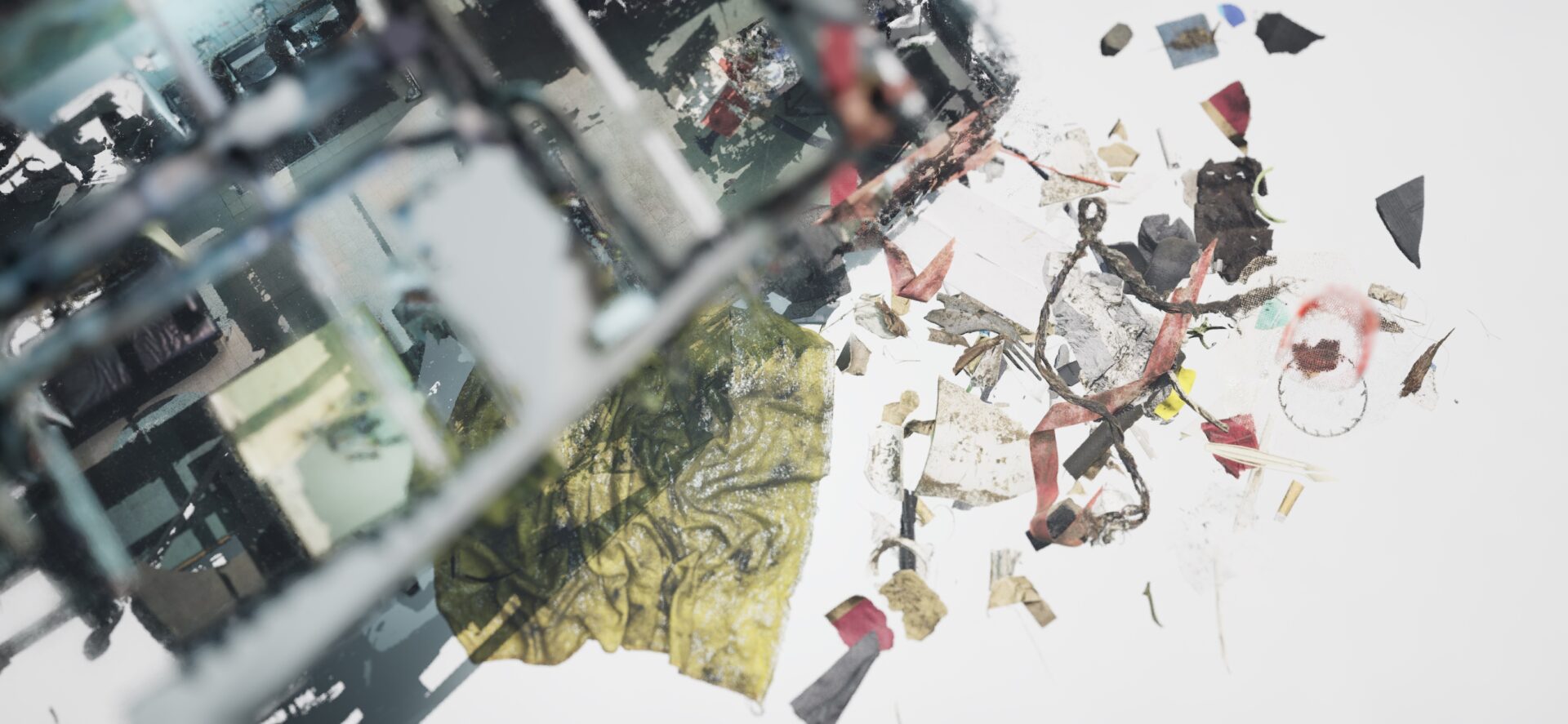

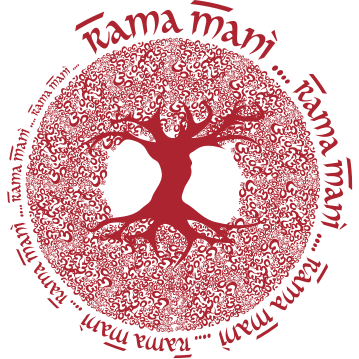
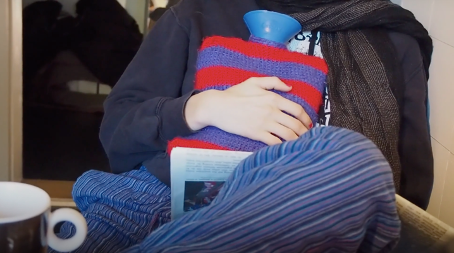


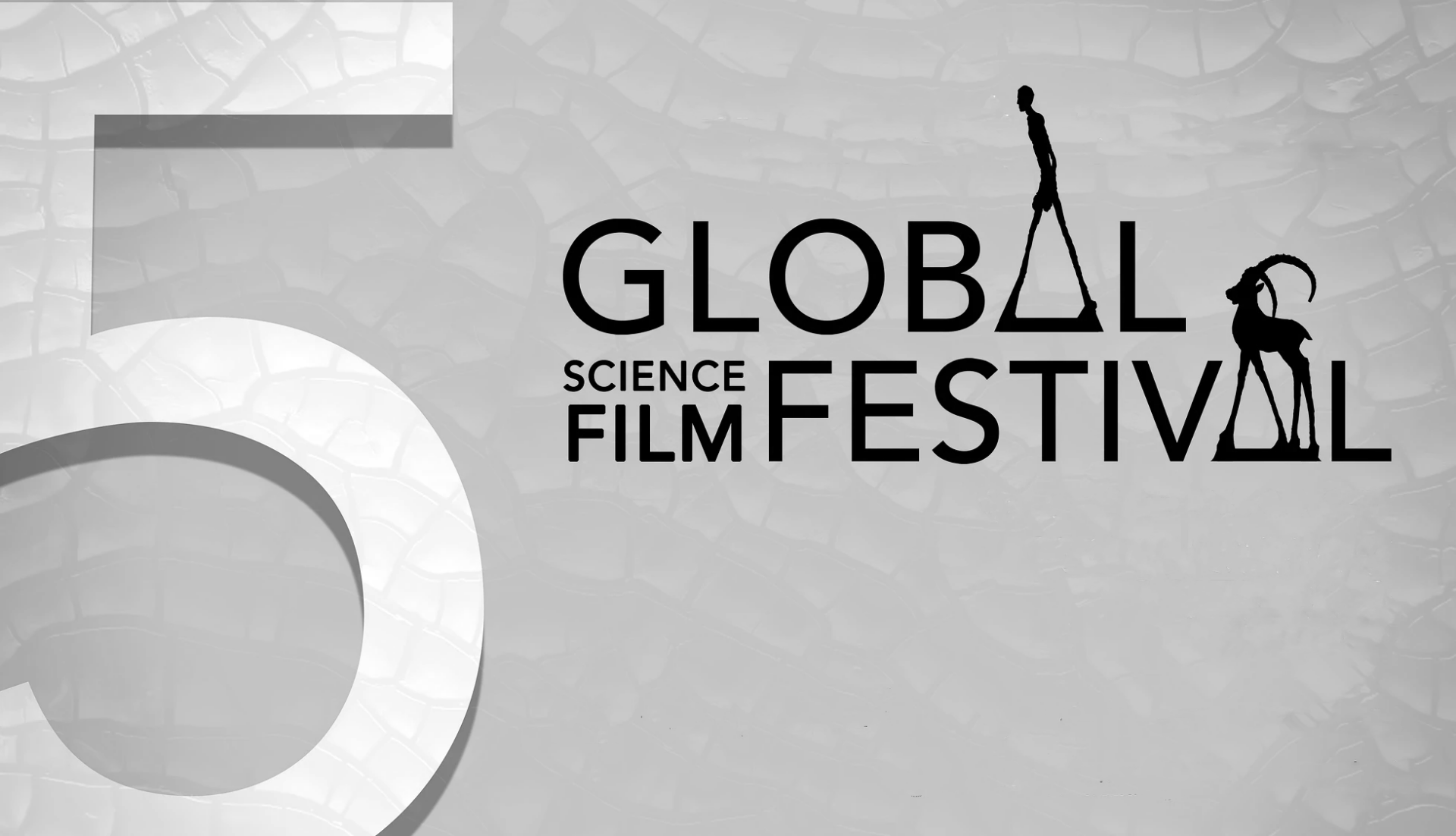

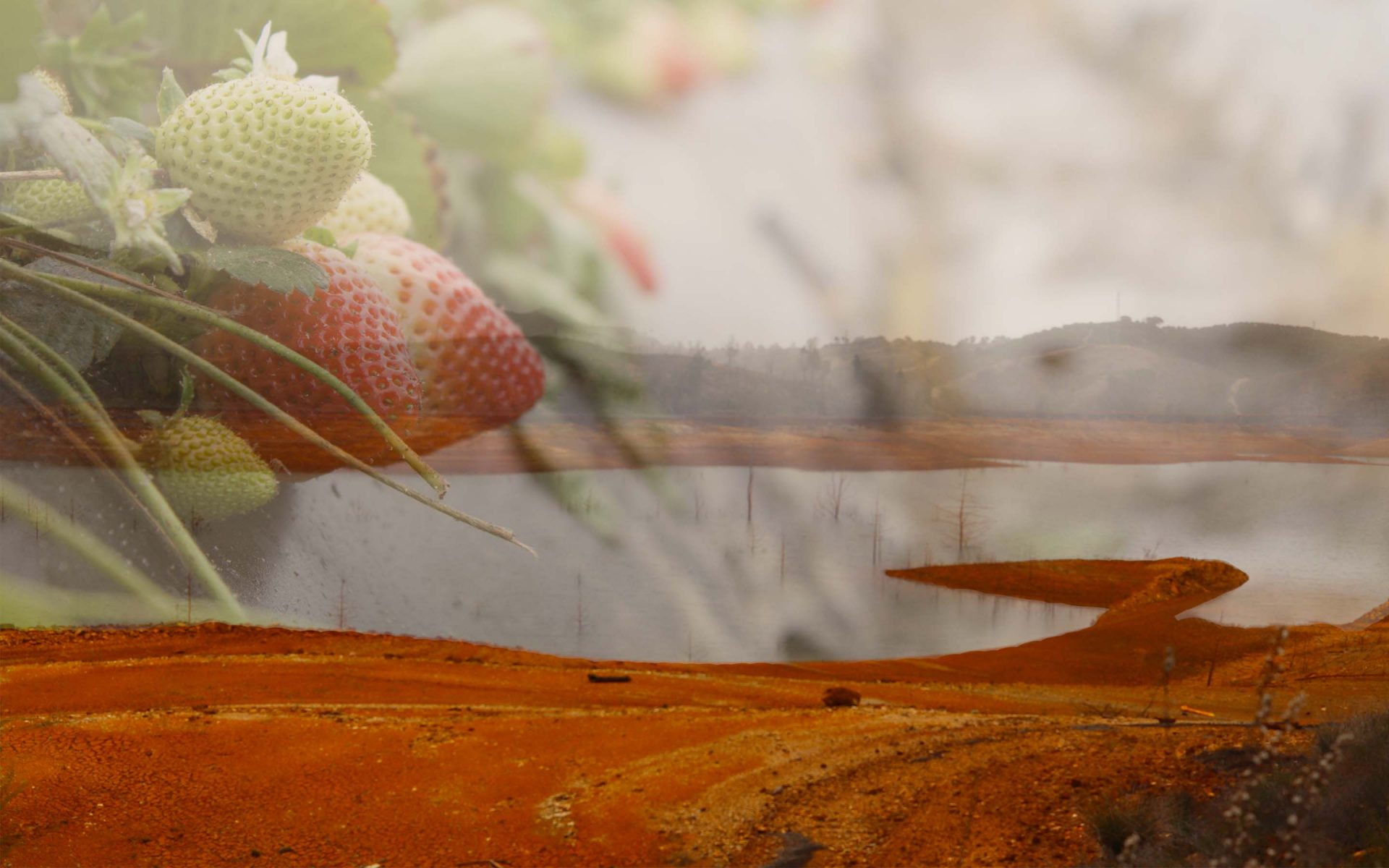
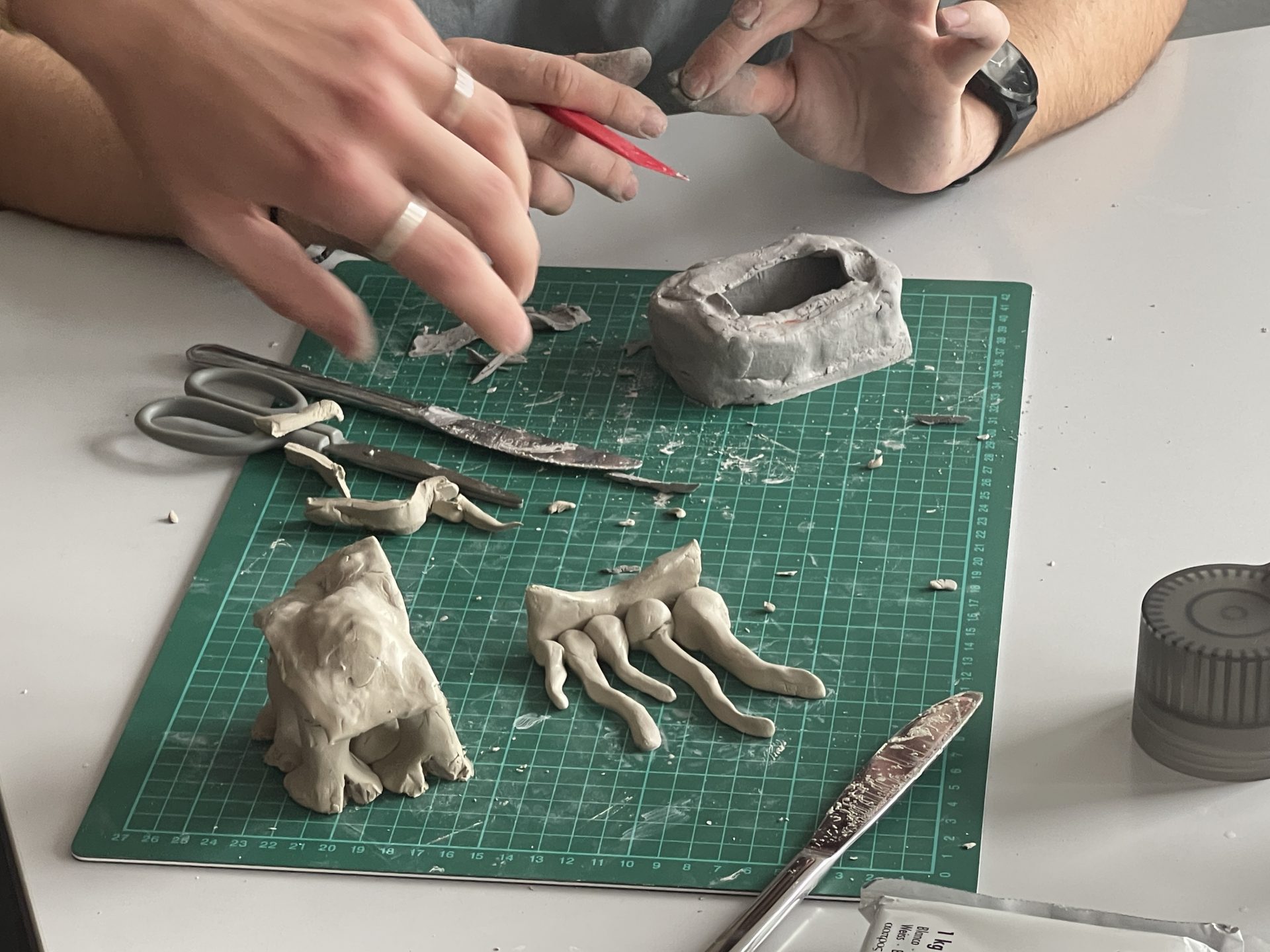
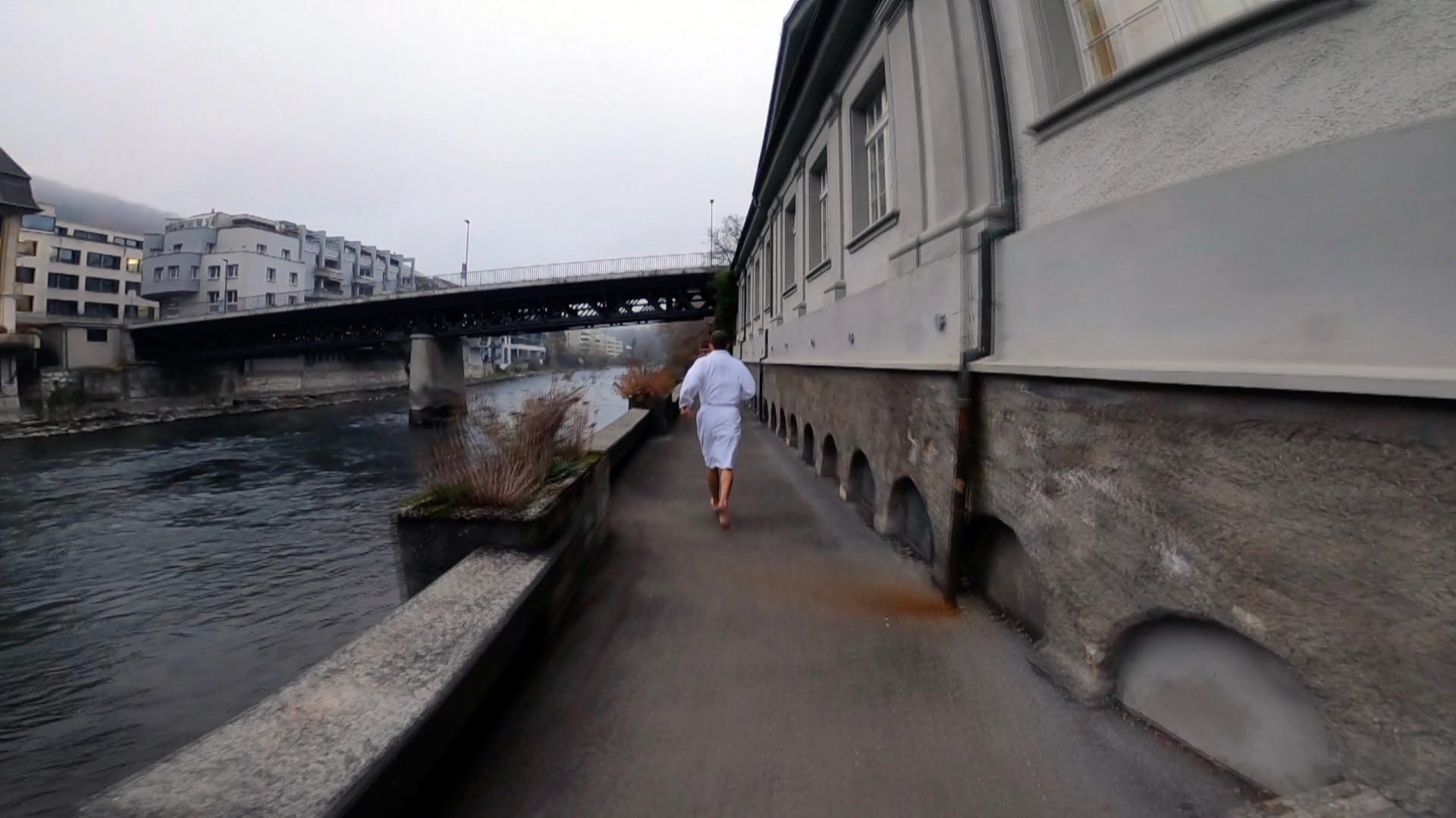
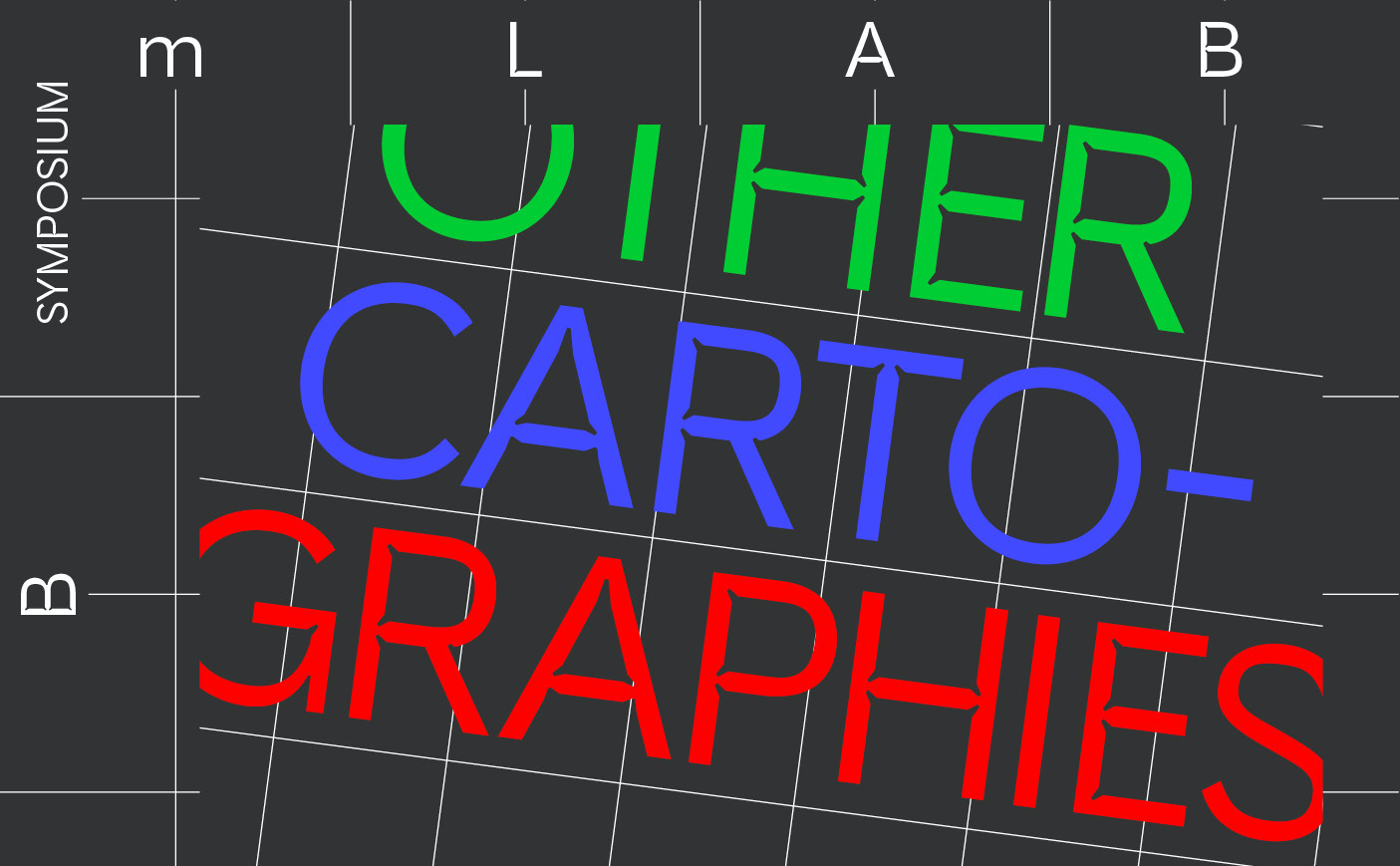
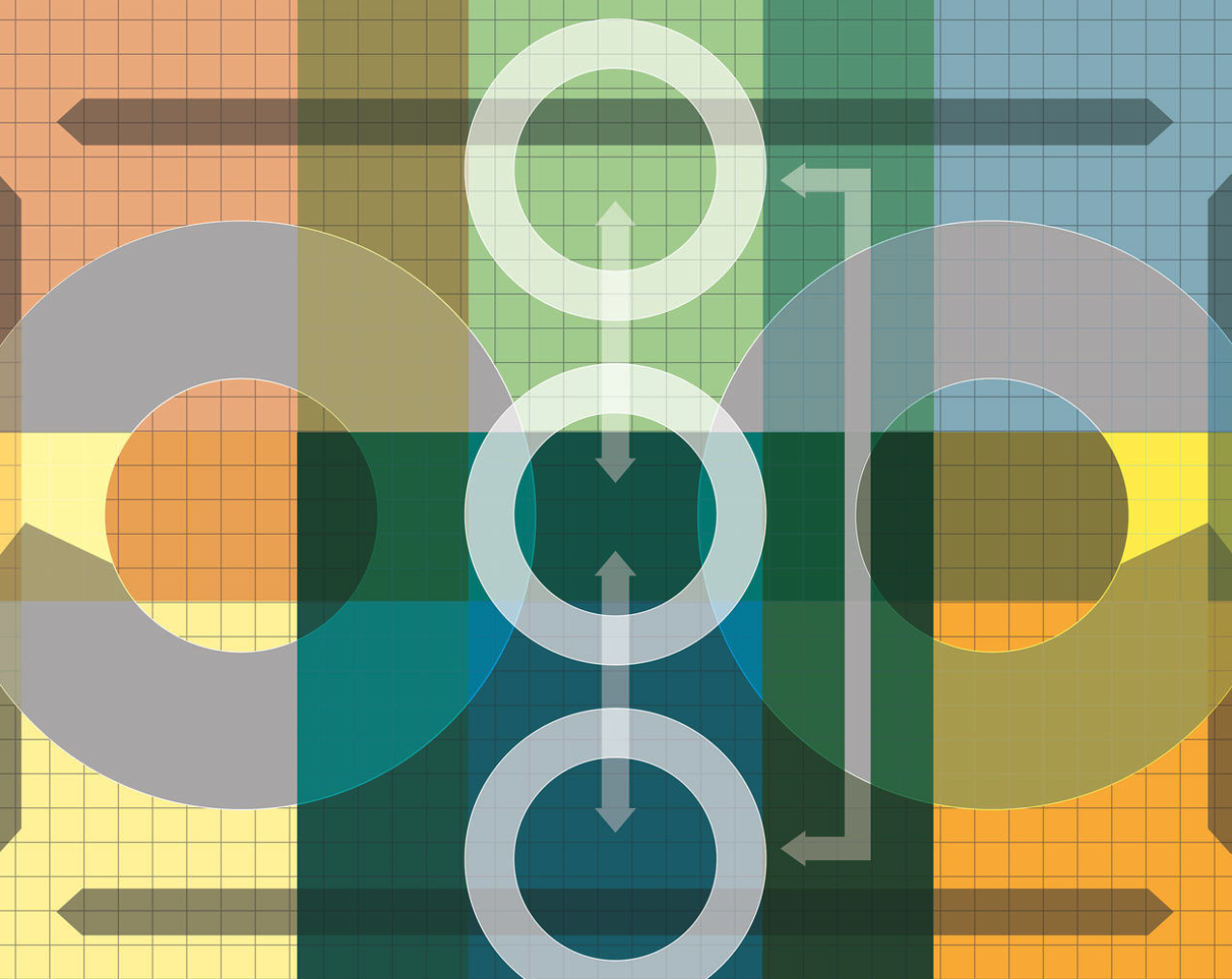
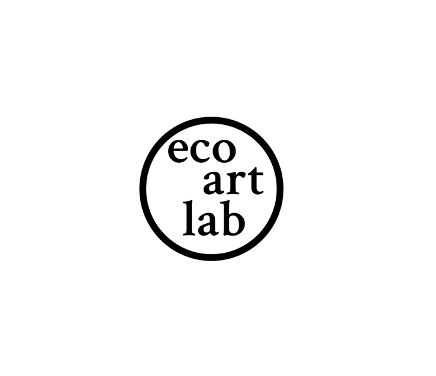

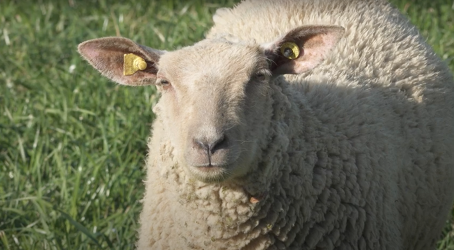

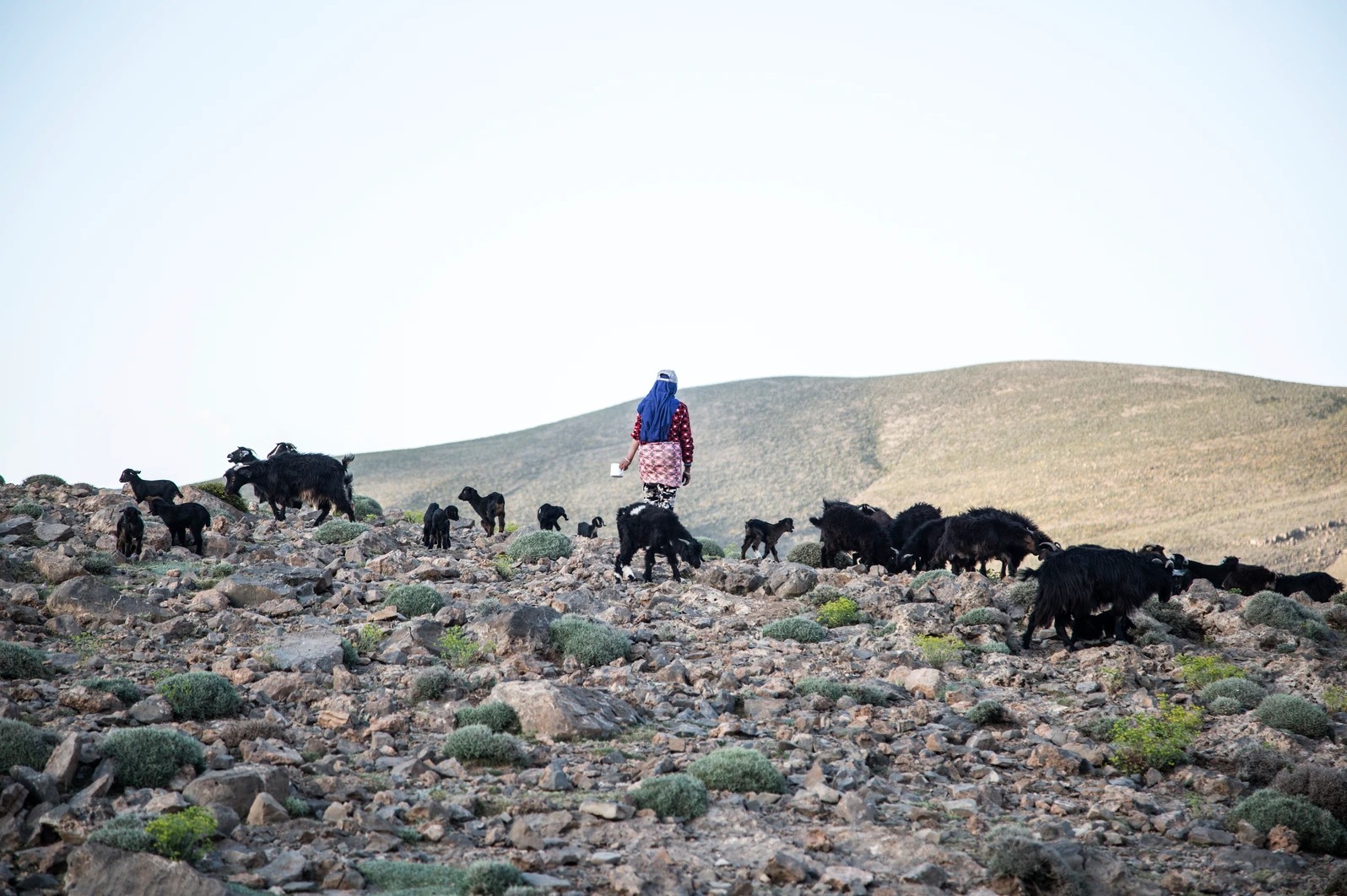
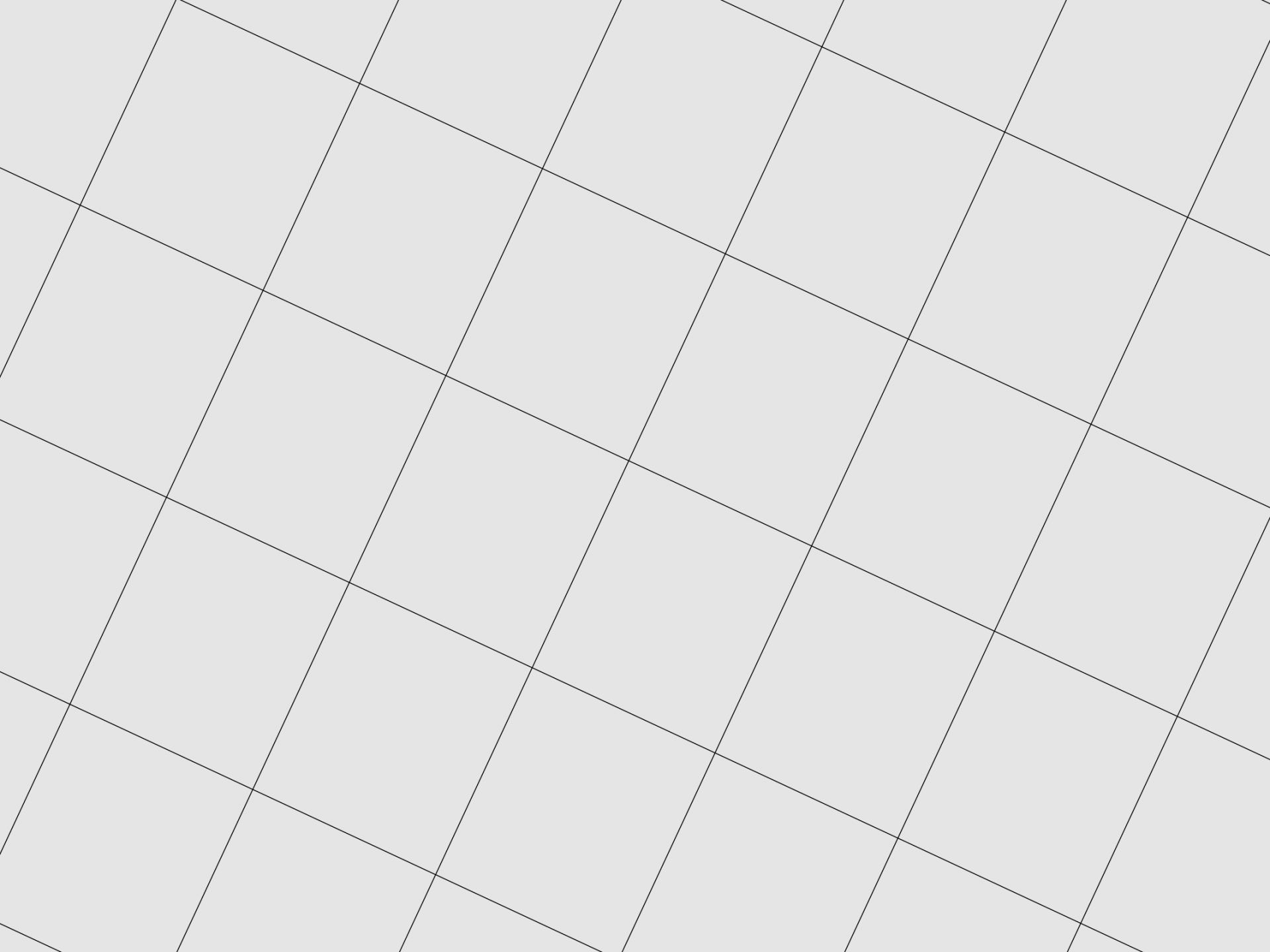
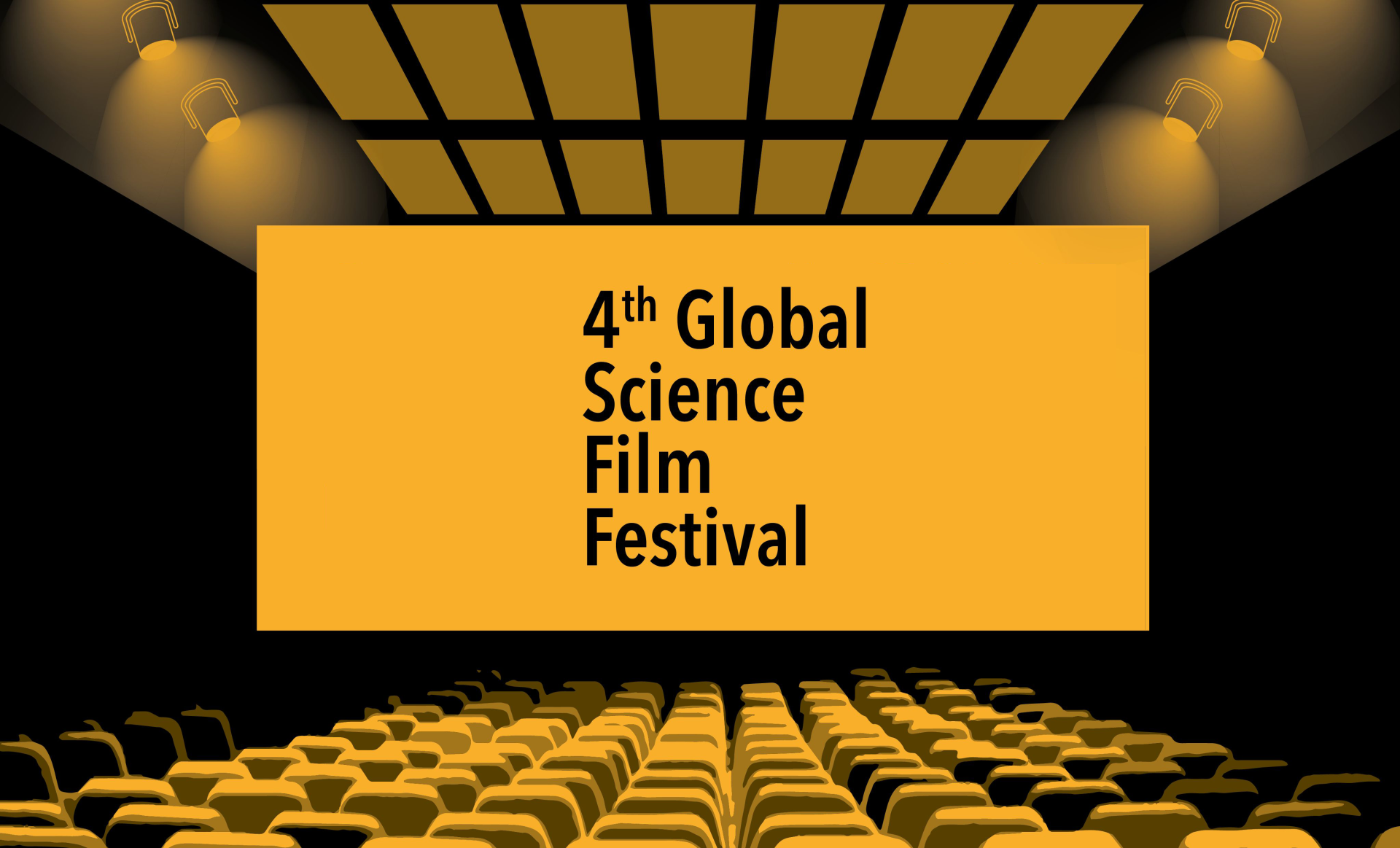
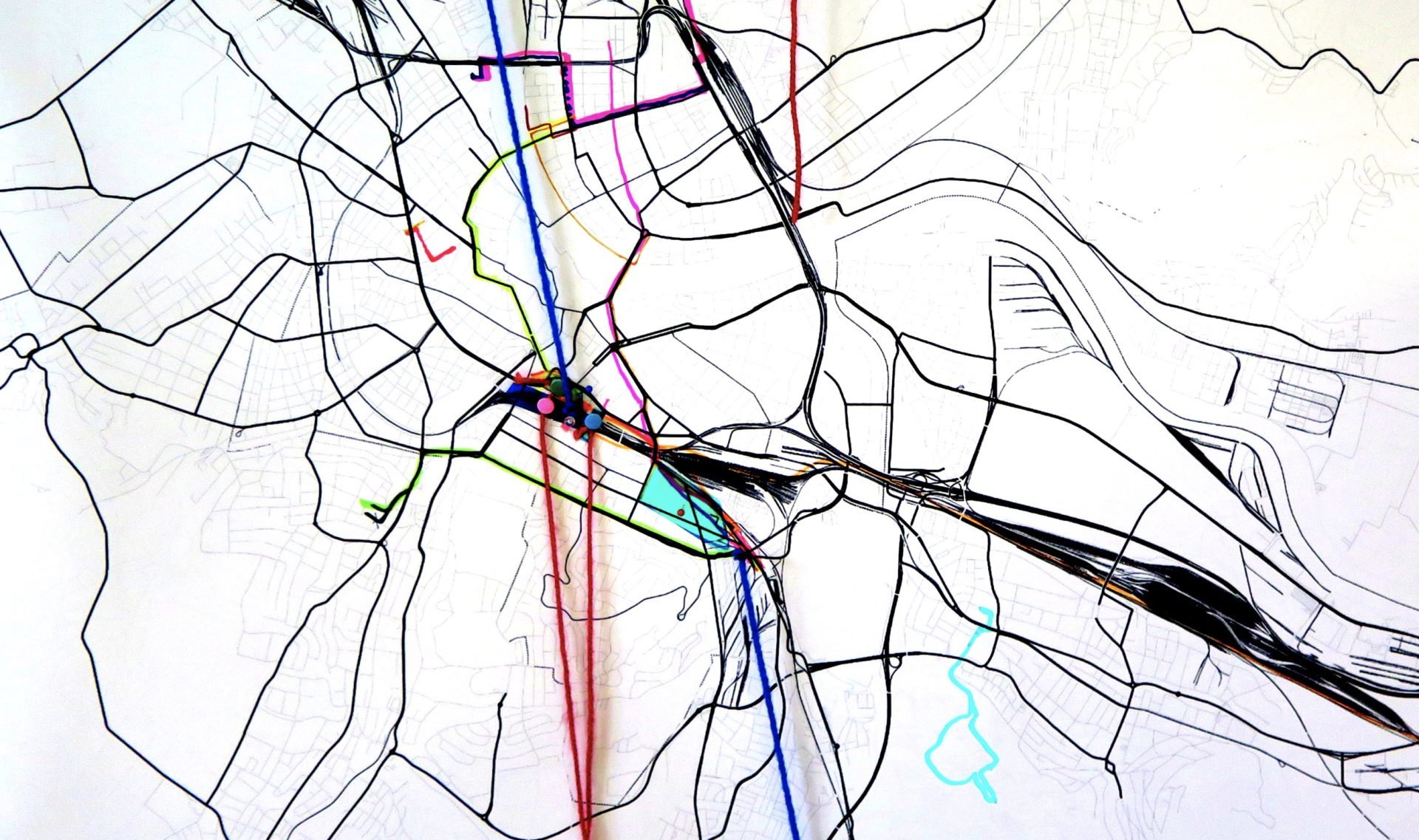

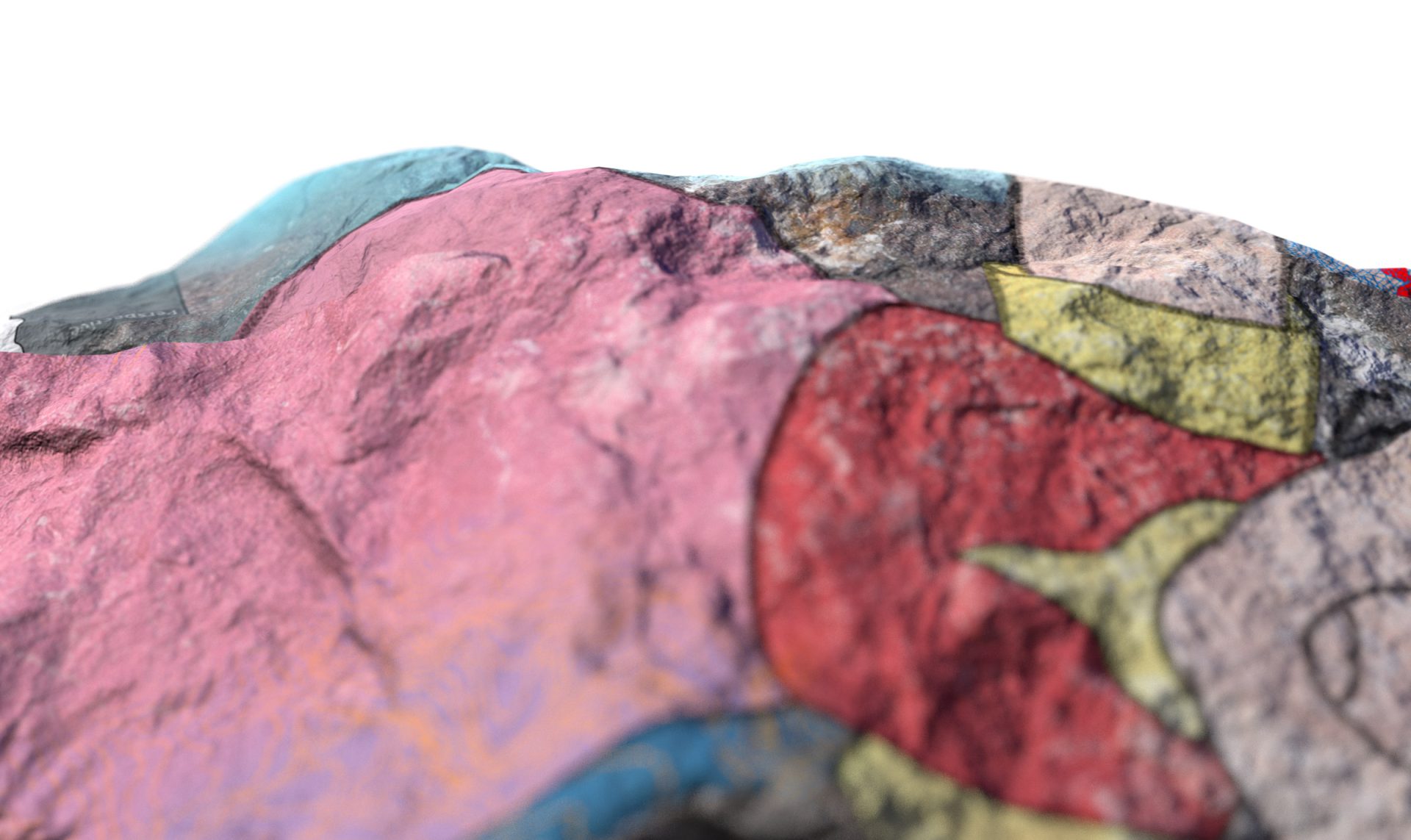

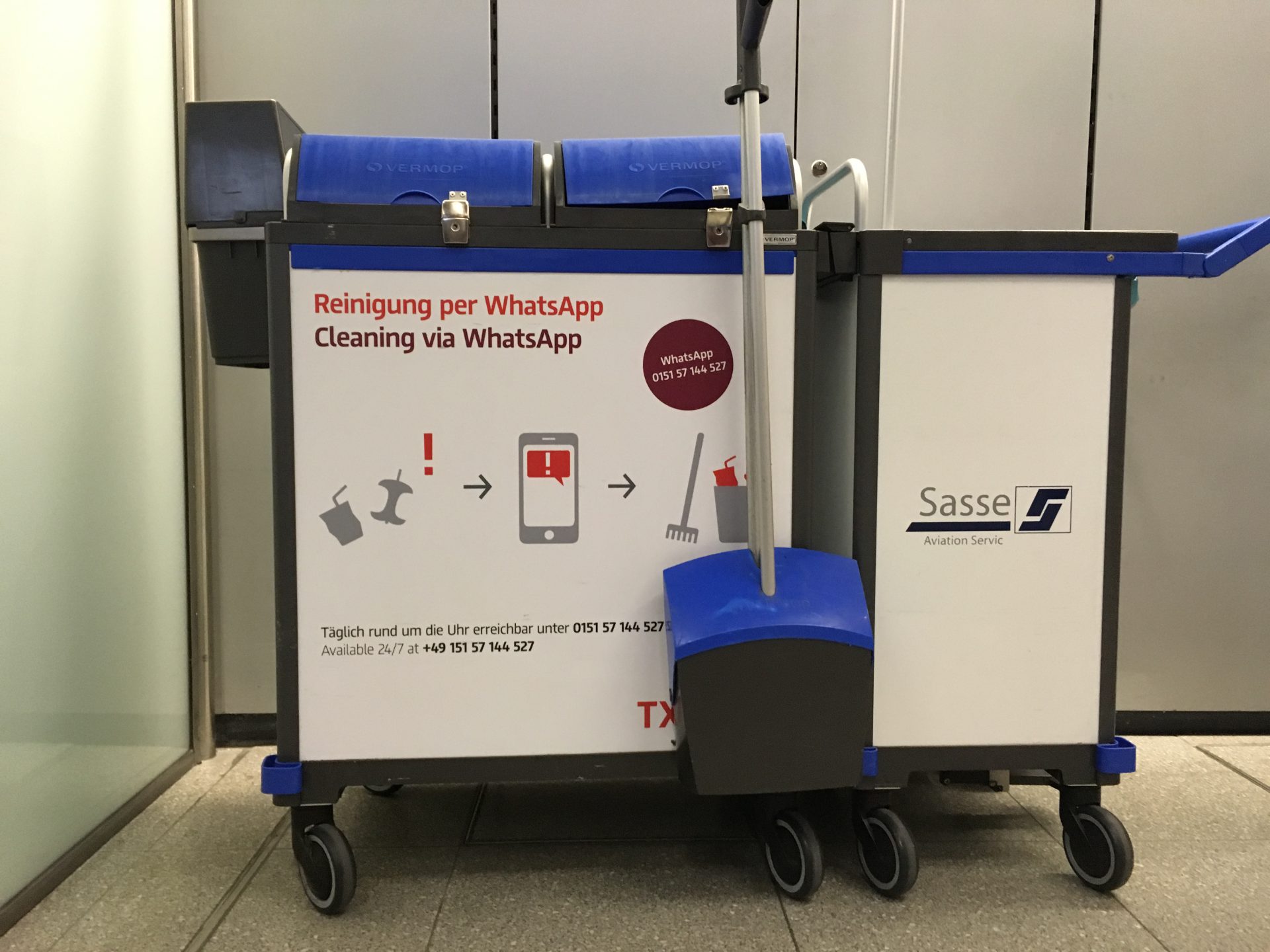
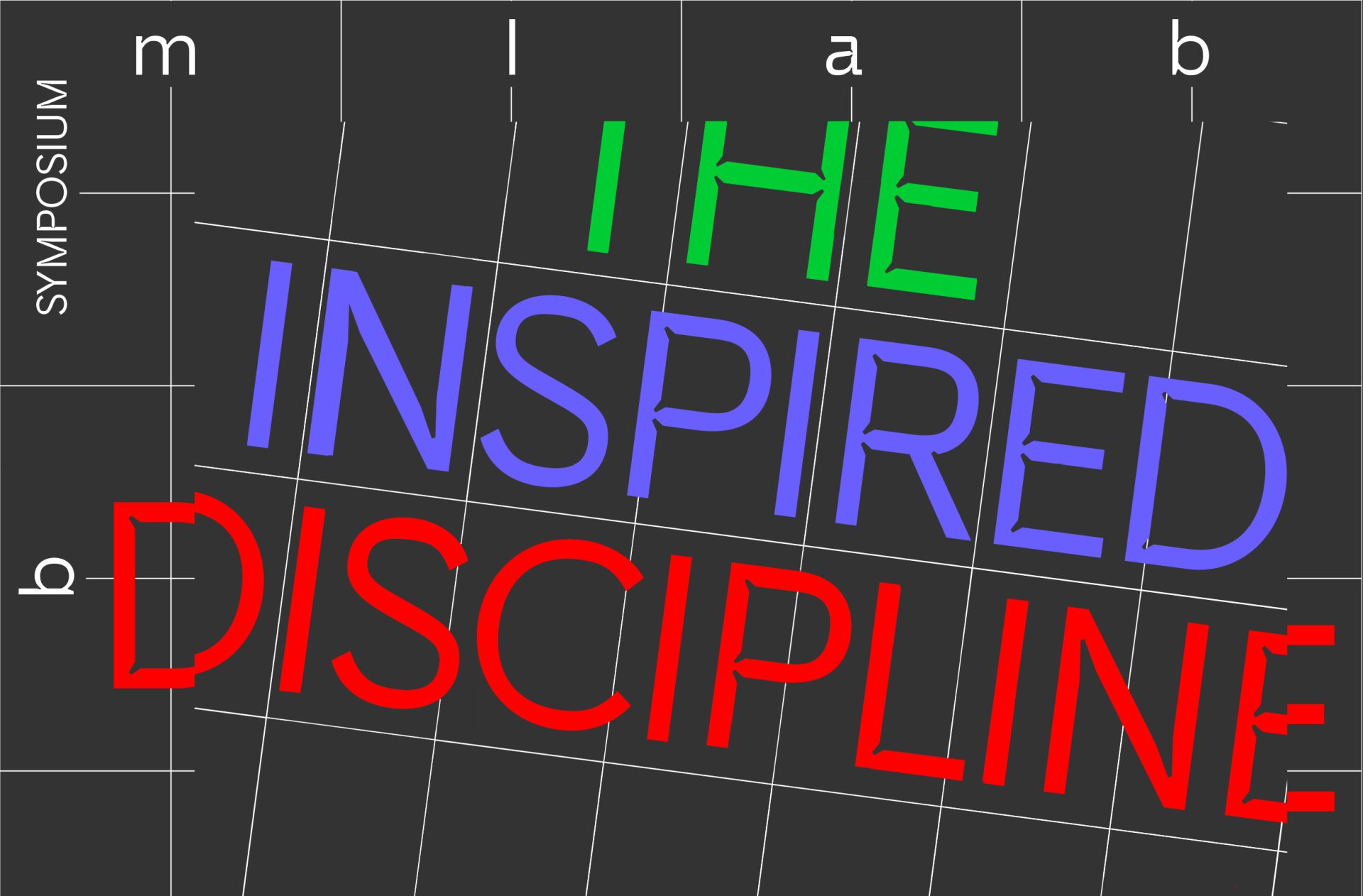
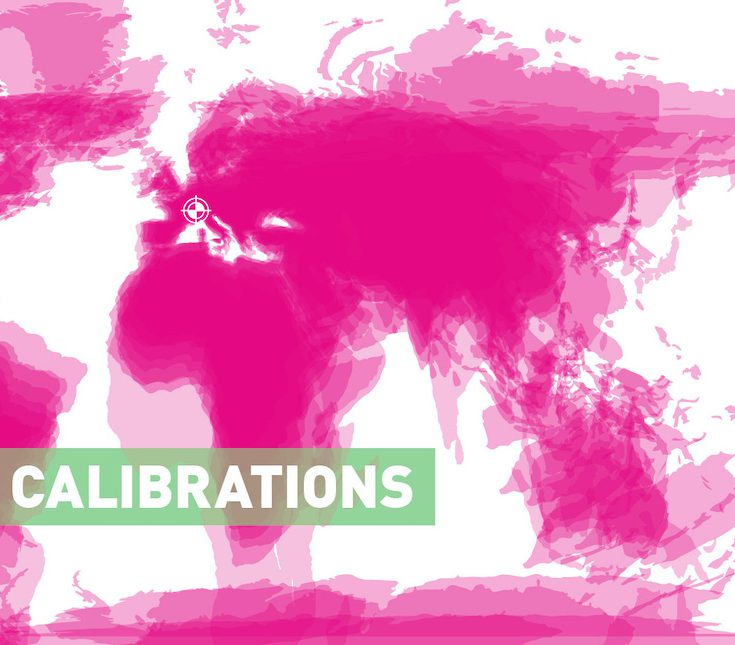
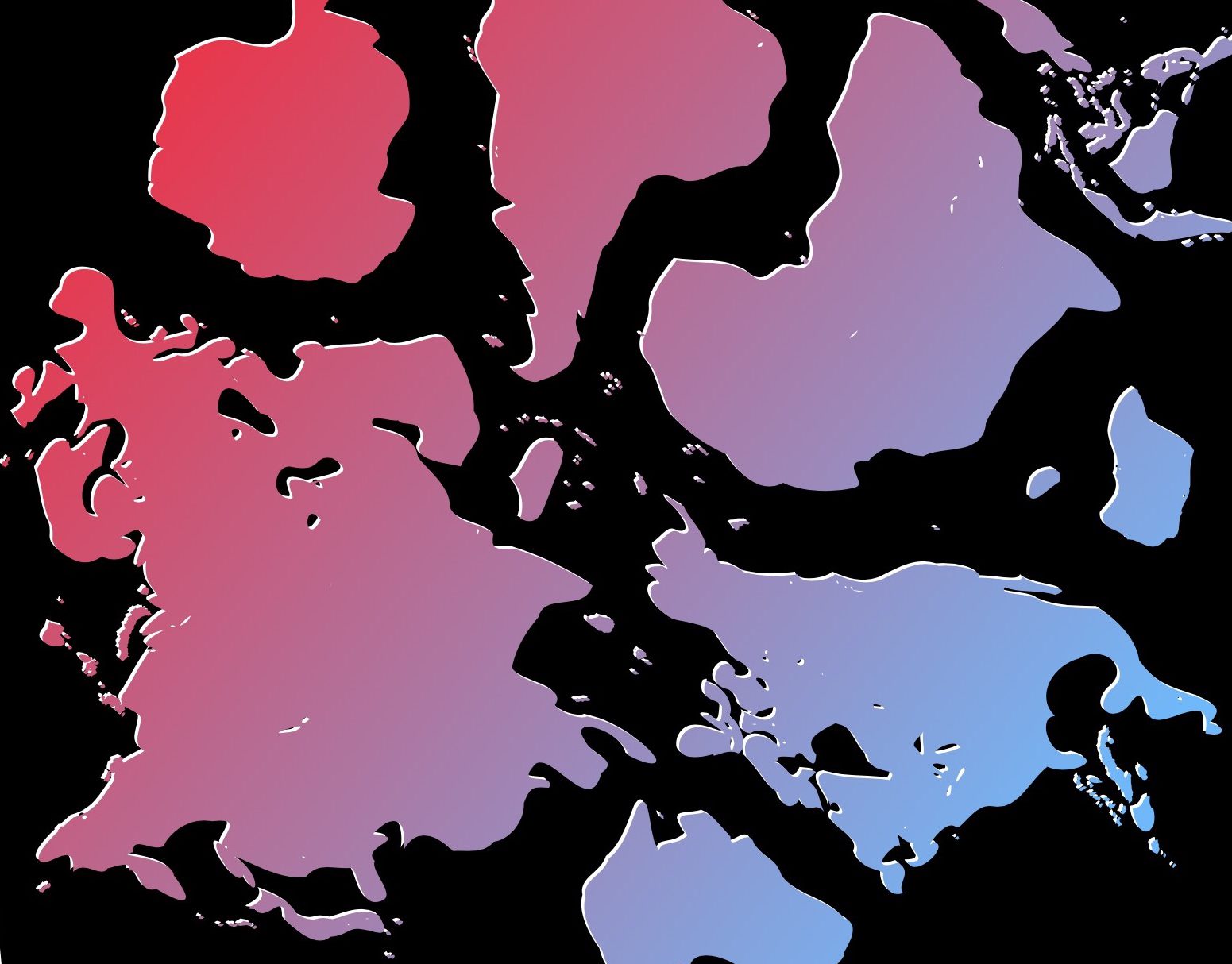
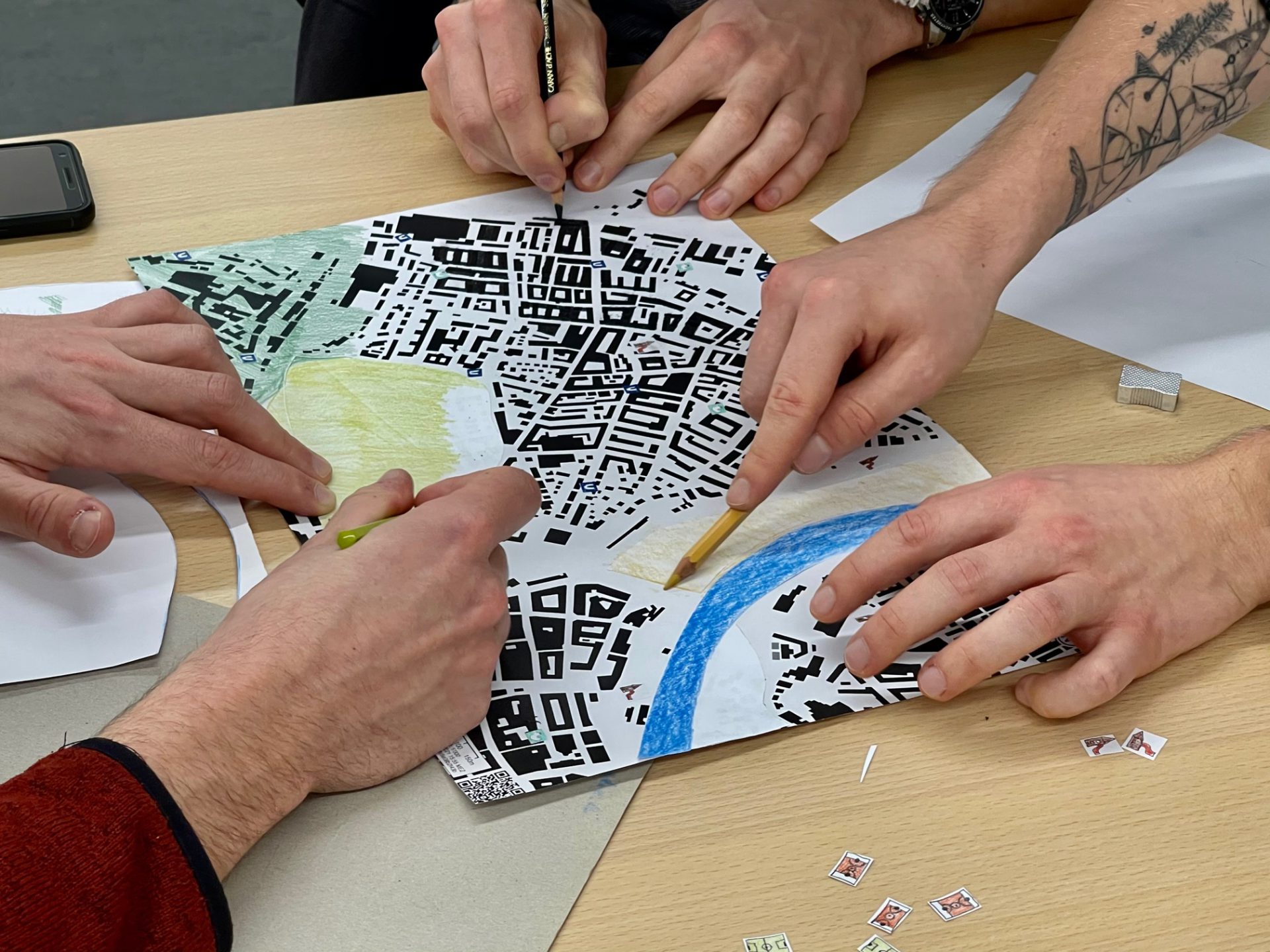

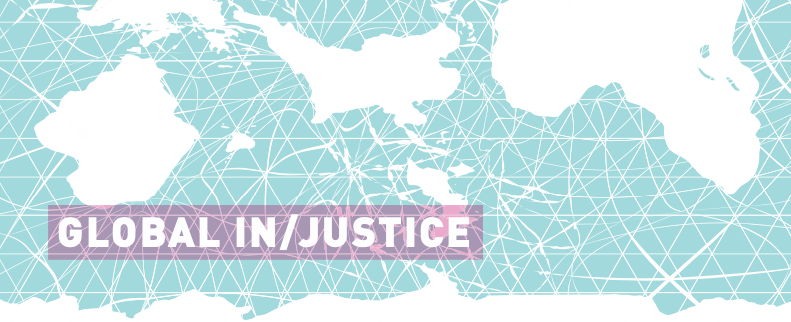
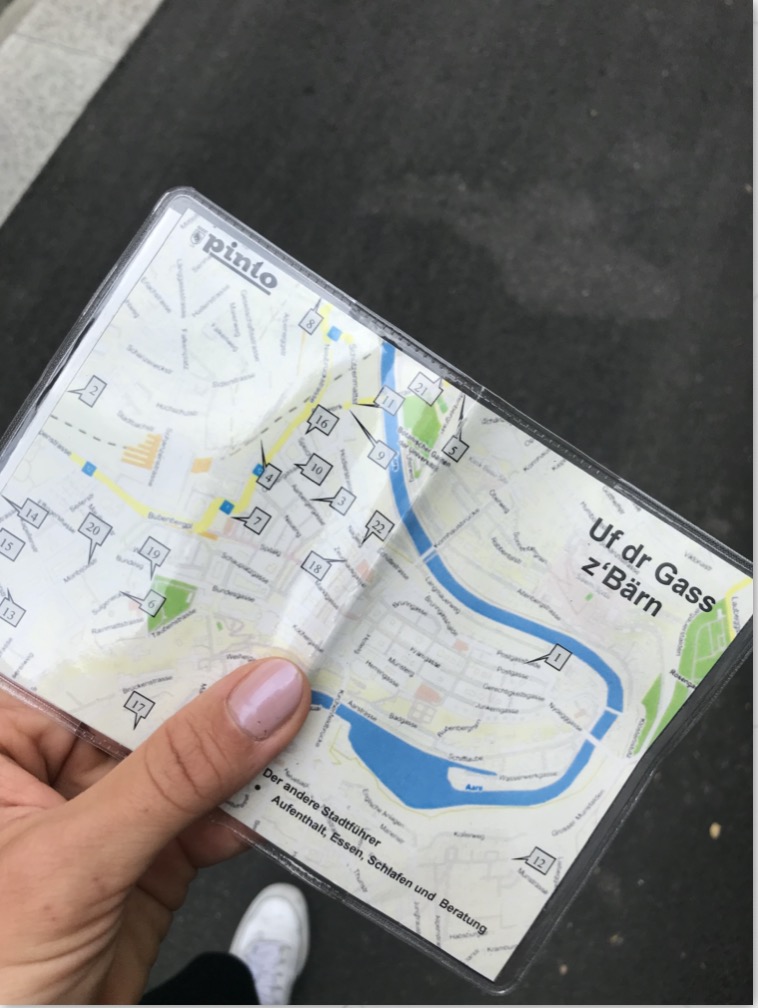
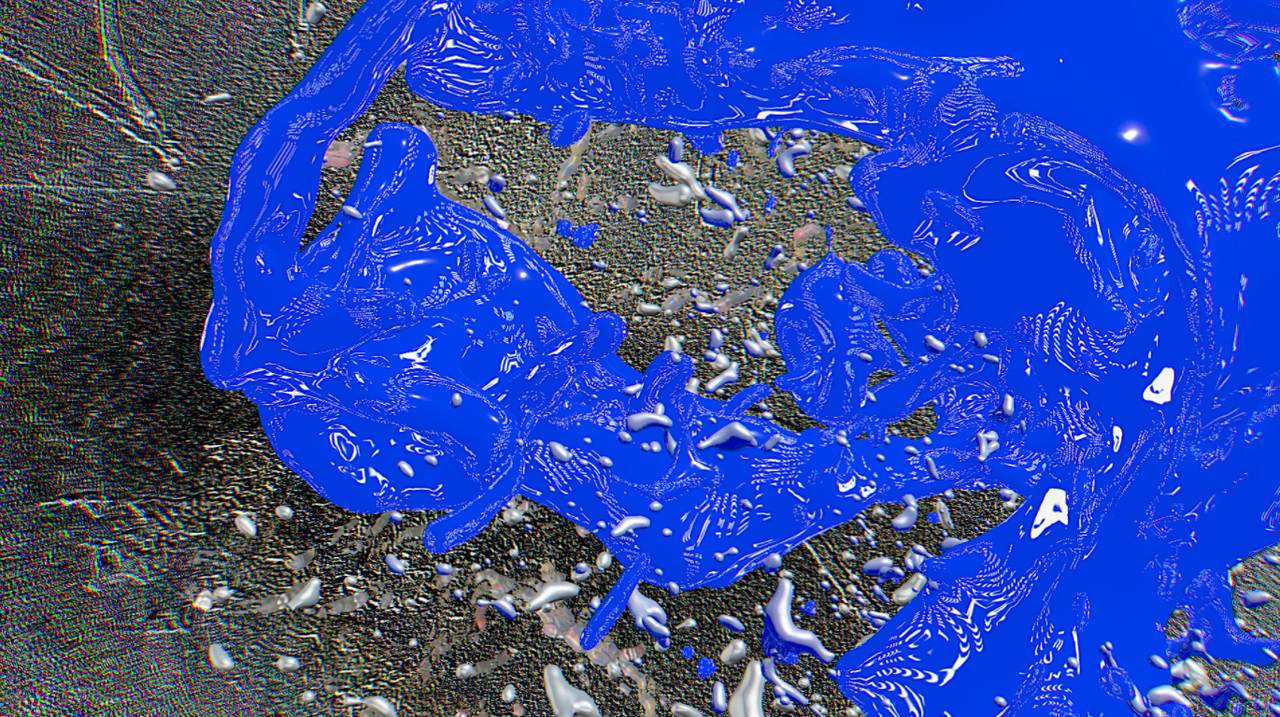

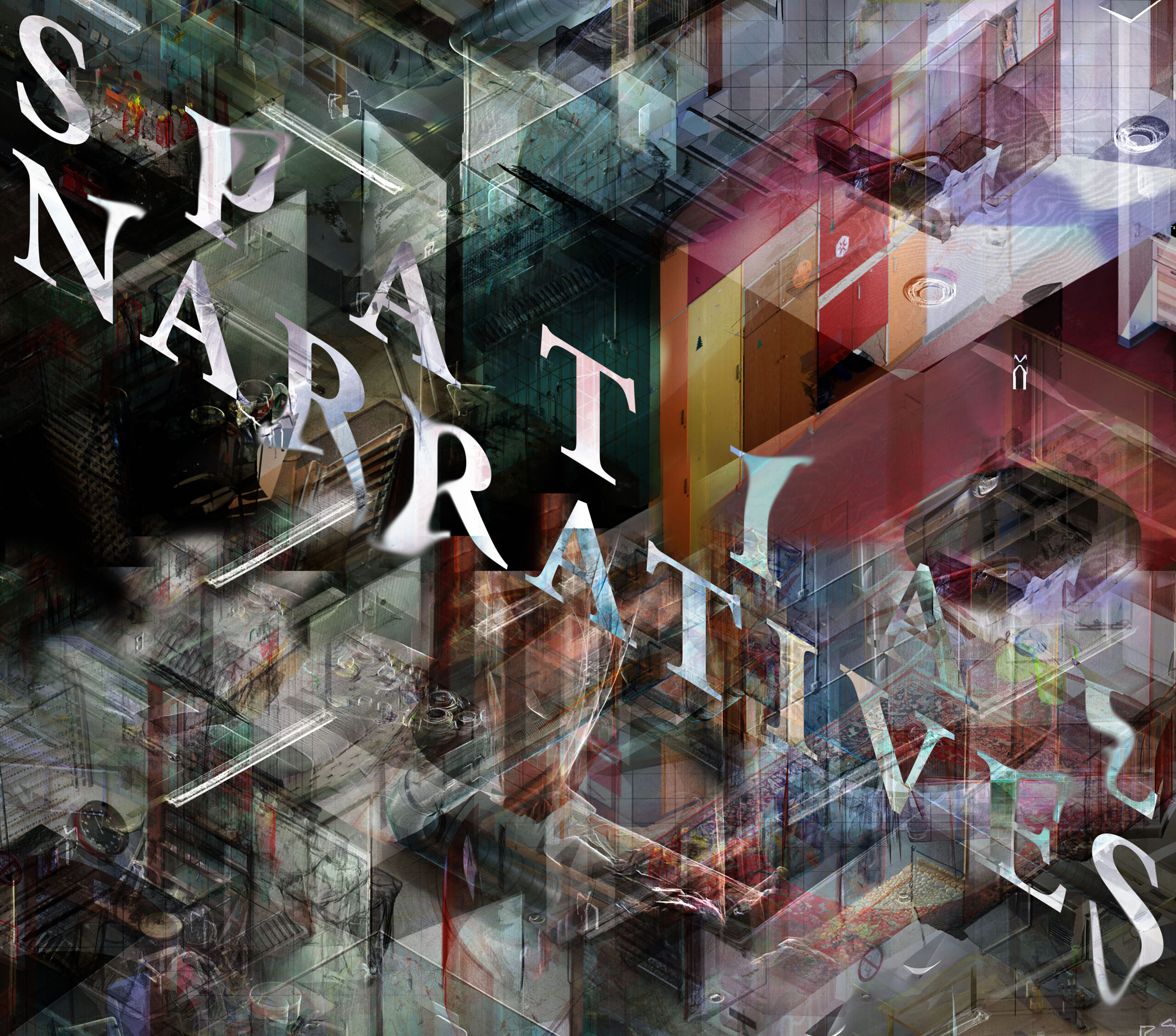
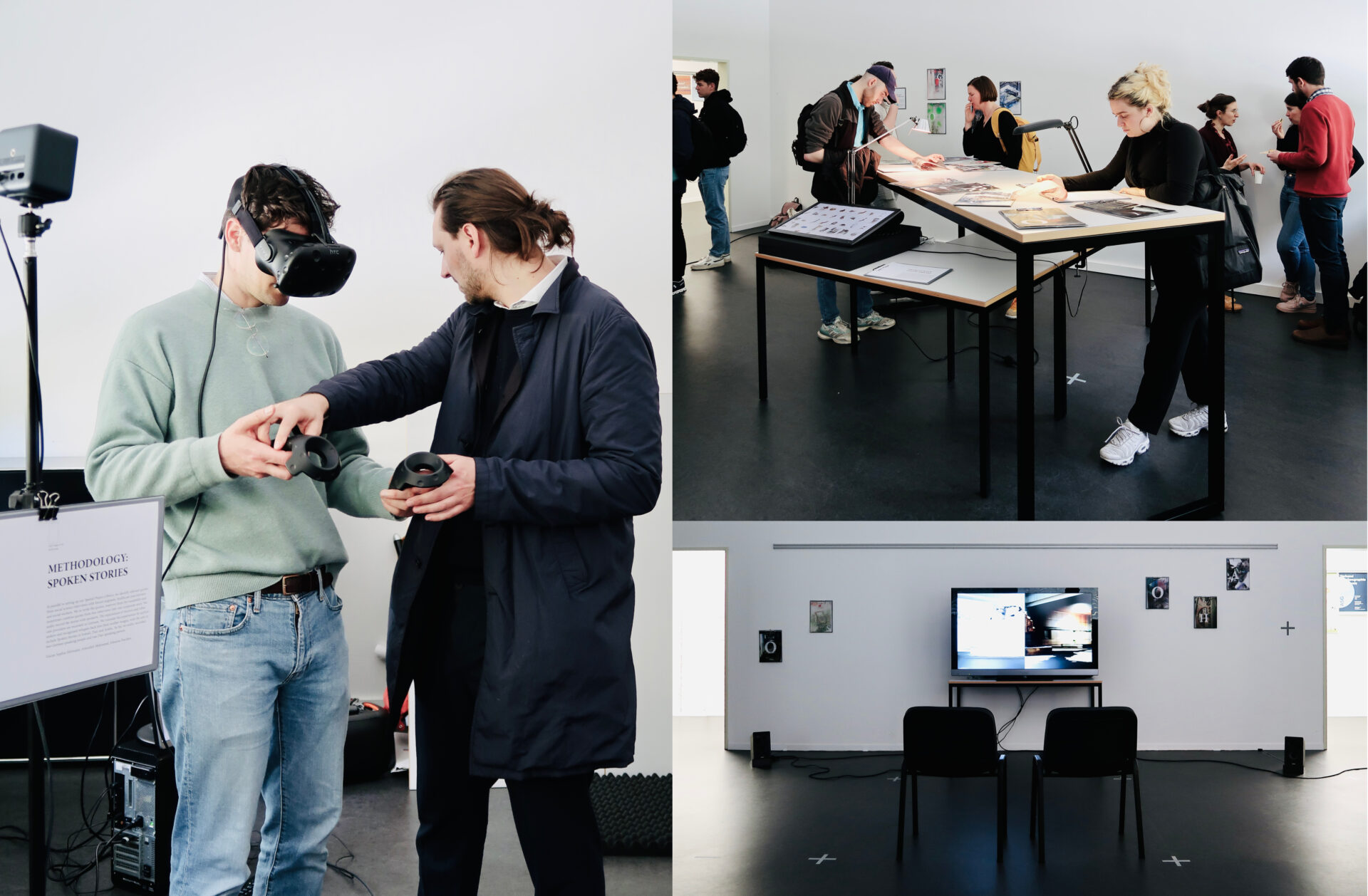
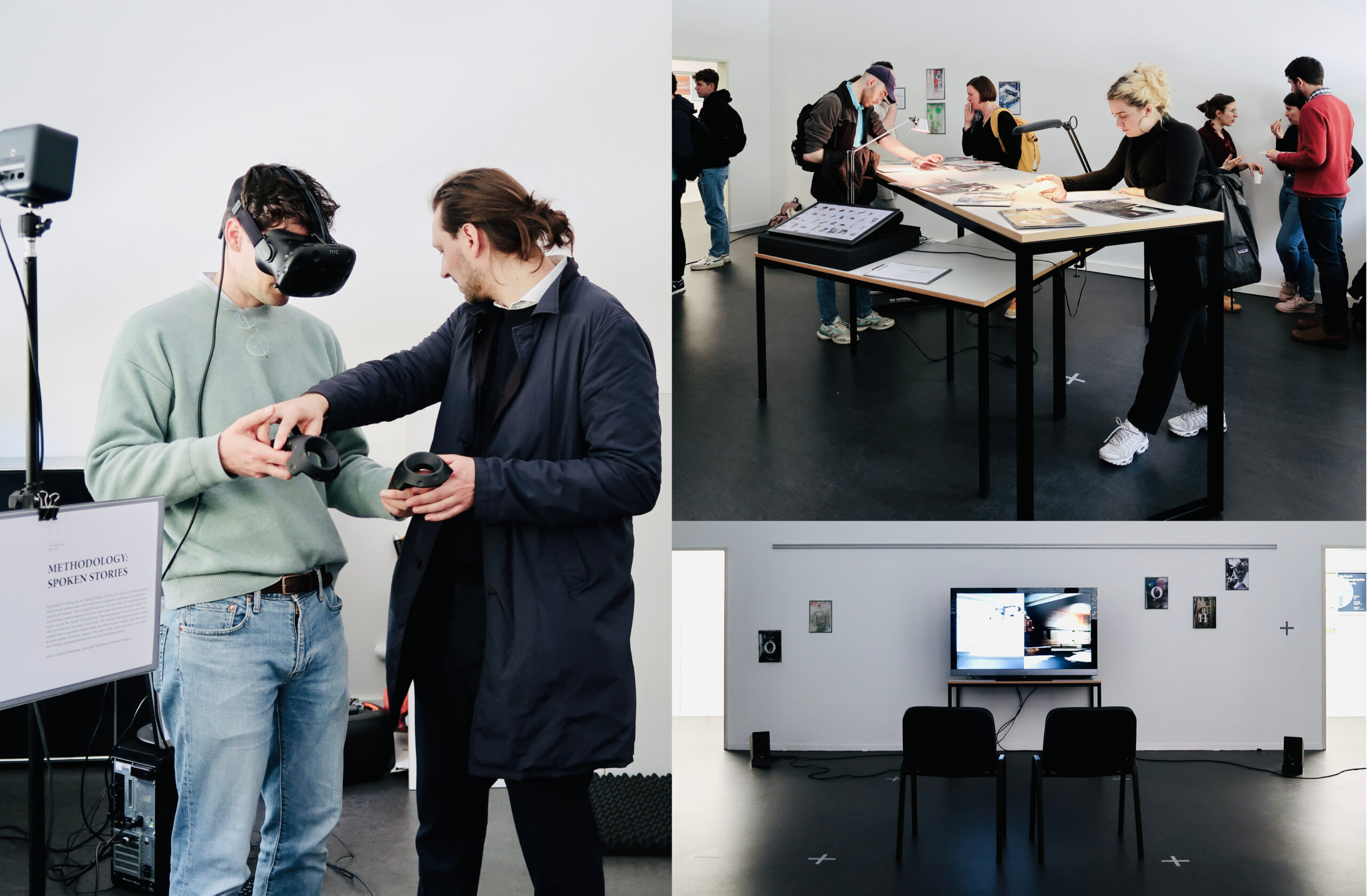


1.5.–3.5.2023 at the Institute of Geography in Bern
The installation Spatial Narratives displayed a hybrid media geography that unfolds the work in progress of the interdisciplinary collaboration GEOGRAPHY OF GHOSTS. Mapping multiple media/meanings of healthcare for refugees (mLAB Residency). Through integrating artistic research methods into classical social science methods Spatial Narratives formed a fragmented landscape of experiences, legal frameworks, spaces and affection.
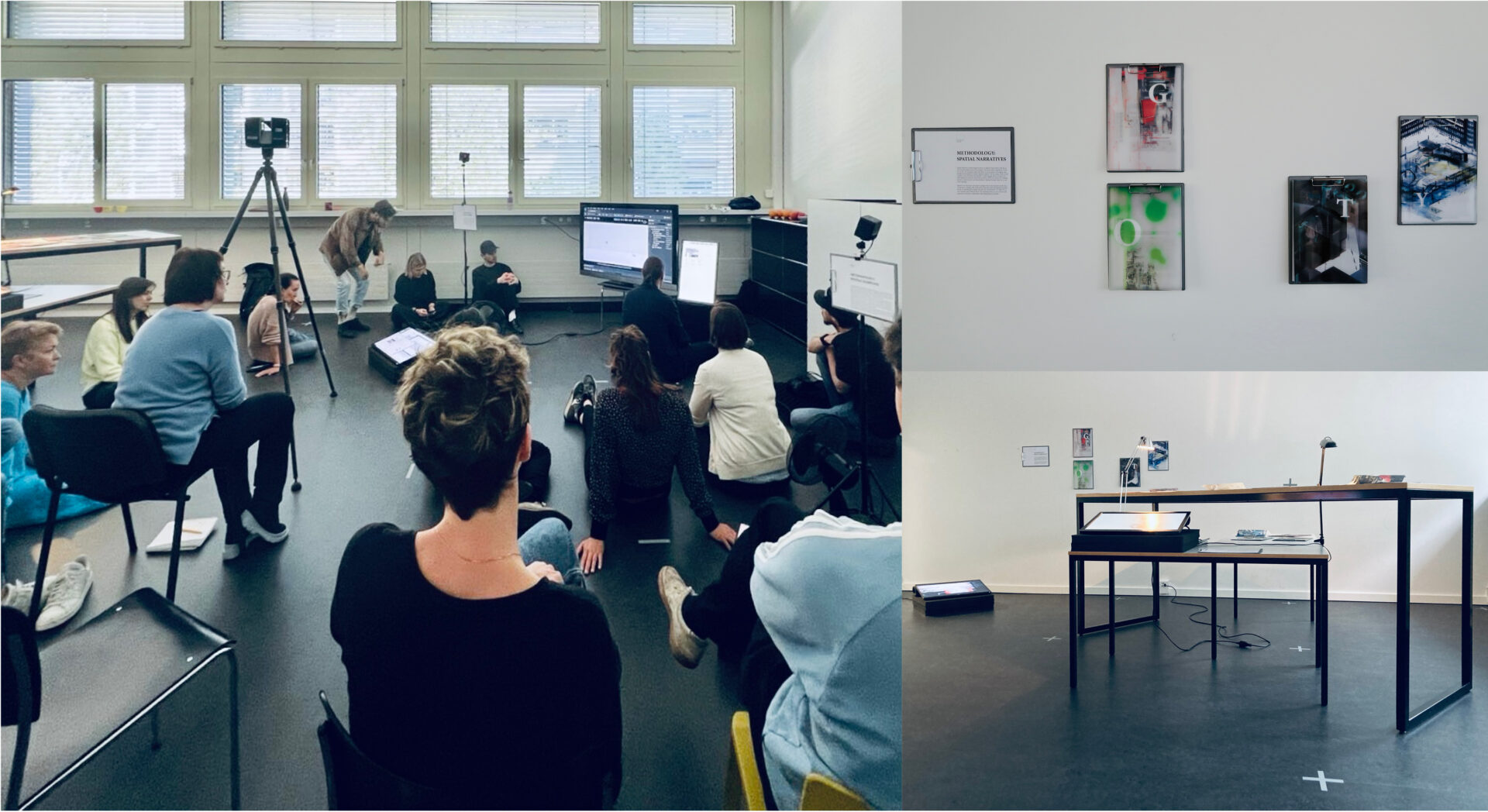
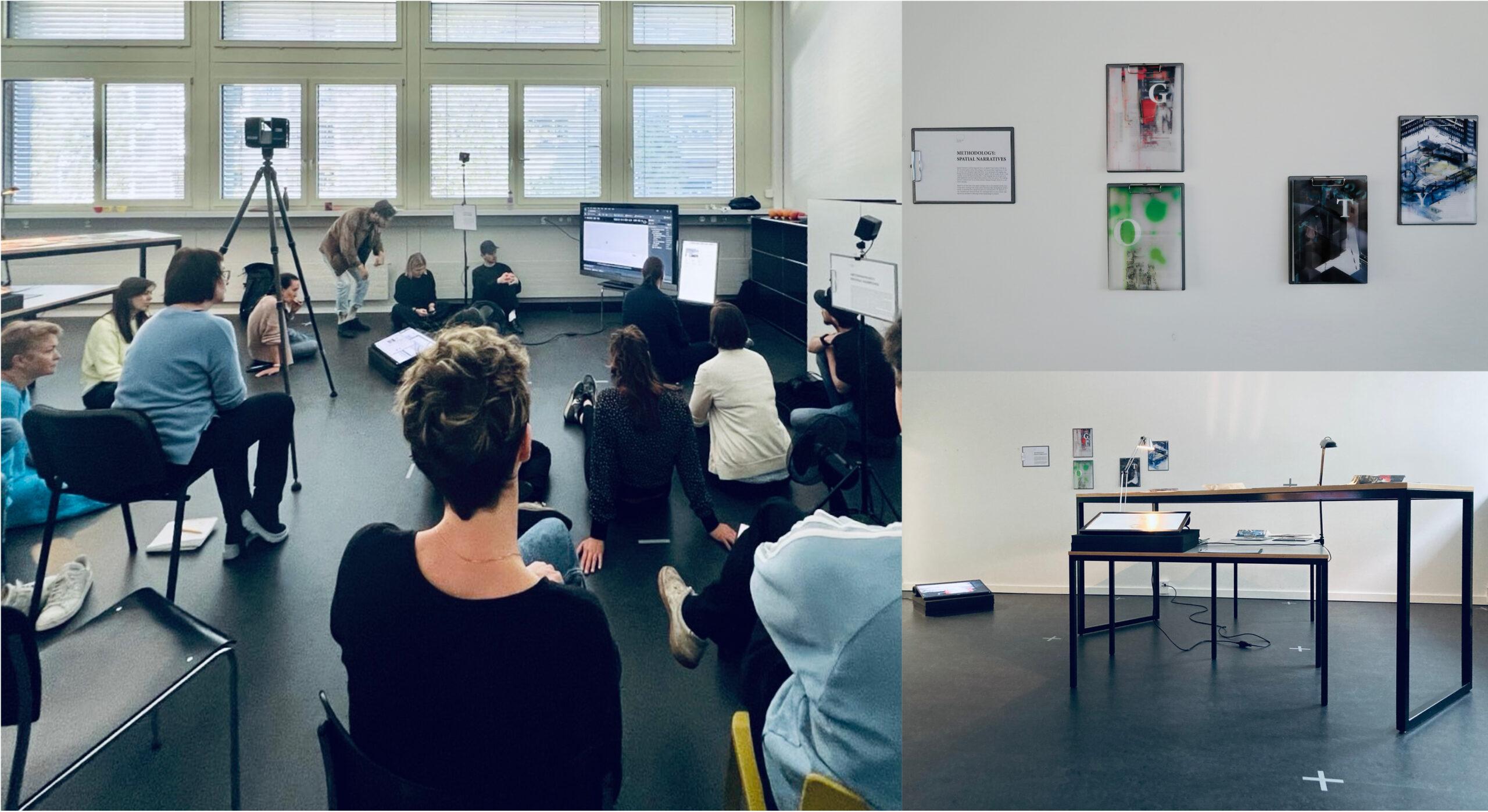


The installation attended to the in/visibility of refugees in the public (healthcare system) and to their place in liminal space and reflected upon this through various modalities and media.
WORKSHOP
Date: 3.5.2023
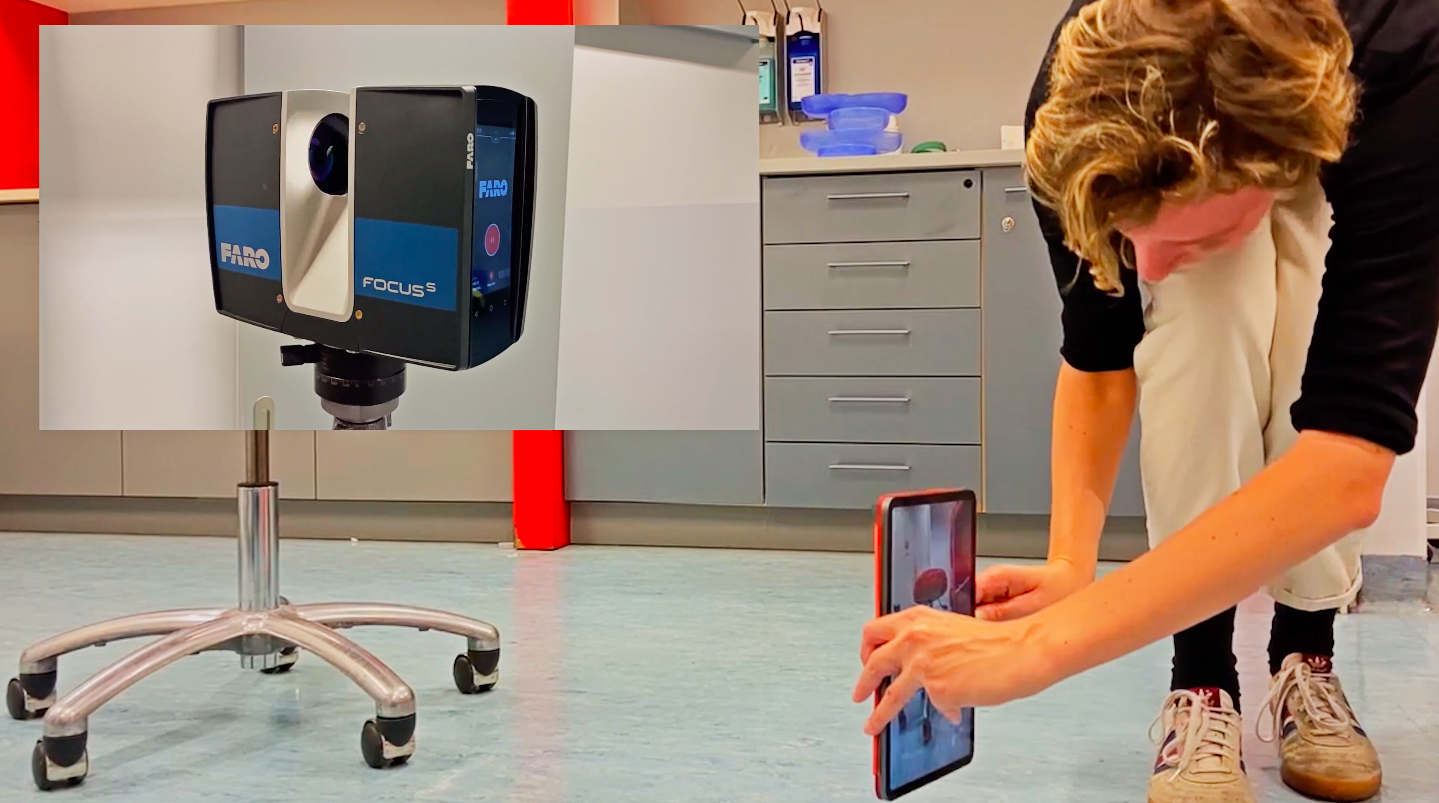
The workshop (by Wanda Spahl & Dominic Schwab, with support by Ewa Wasilewska) conveyed and discussed our working methods. “GEOGRAPHY OF GHOSTS. Mapping multiple media/meanings of healthcare for refugees” is an interdisciplinary collaboration that combines classical social science methods with artistic research methods. It discusses insights from Wanda Spahl’s ethnographic research about forced migration and health in Vienna, Austria, in a hybrid media geography.
For the site-specific documentation of healthcare institutions, asylum accommodations and public infrastructures, we drew upon “Spatial Sampling”, an artistic research method that Dominic Schwab is developing in his ongoing PhD: We captured entire rooms with high resolution terrestrial laser scanning (LIDAR) and took photos of smaller objects and specific points of interest with the method of photogrammetry. By combining our collected spatial samples with spoken stories from interviews with refugees, healthcare workers and social workers, we created “Spatial Narratives” in a real time game engine.
The workshop introduced our approach in-depth and invites participants to experiment with spatial data collection methods in smaller groups (LIDAR, photogrammetry and participatory online libraries). It also reflected upon what kinds of new knowledge “Spatial Narratives” can create and upon their artistic value and meaning.